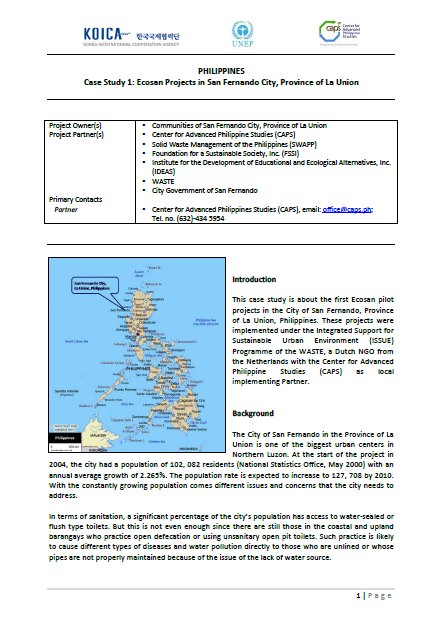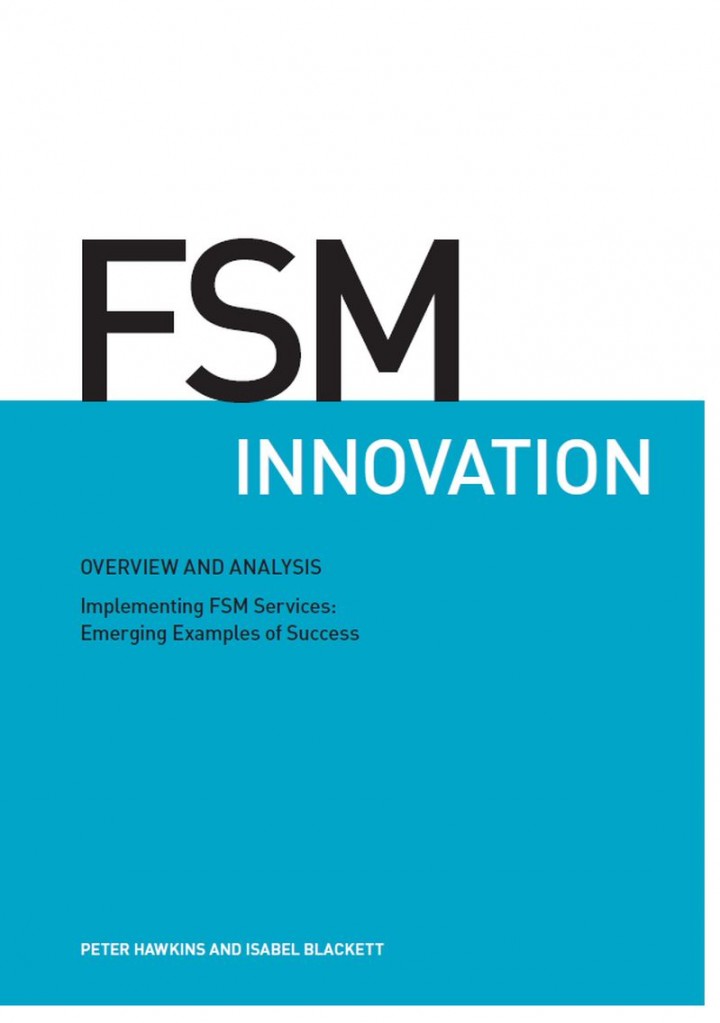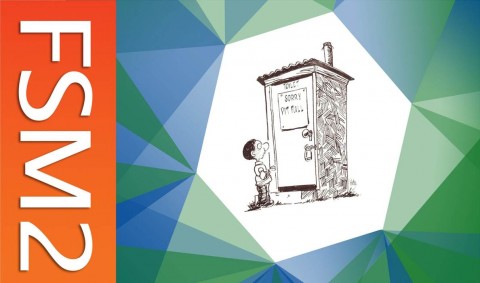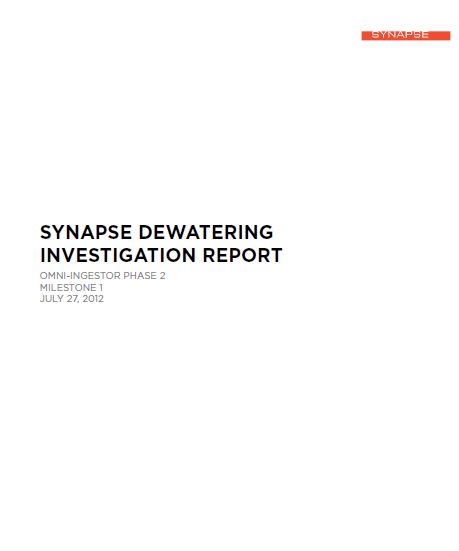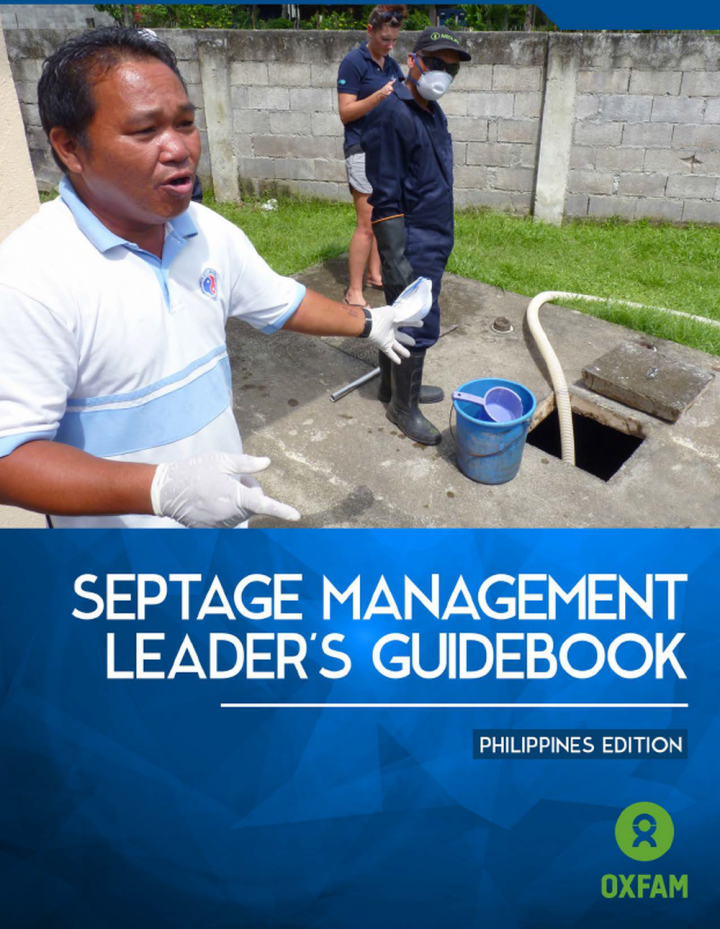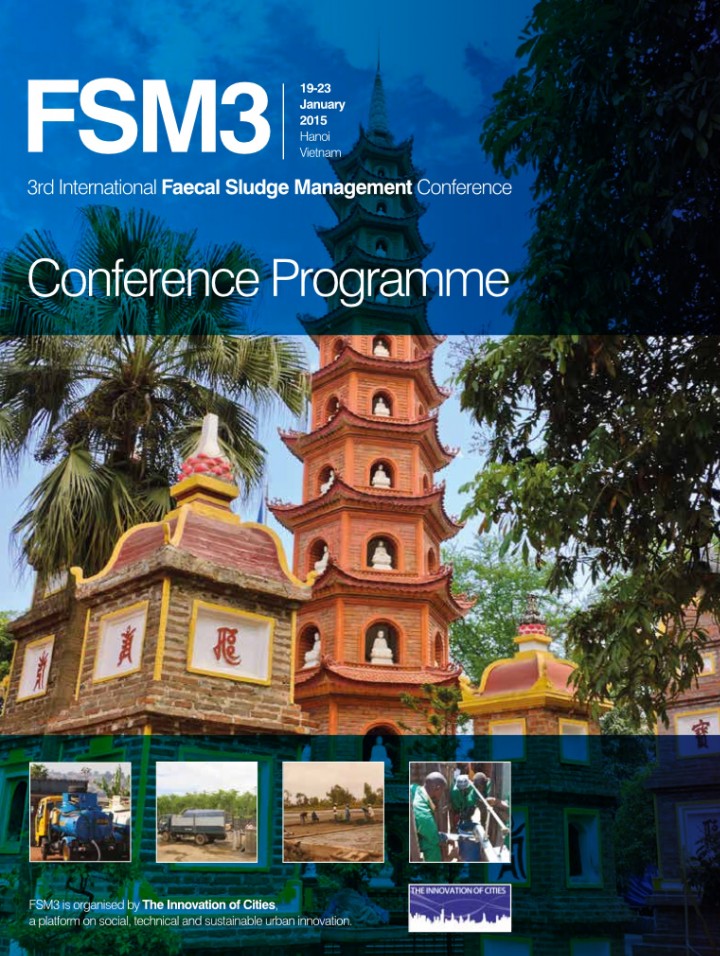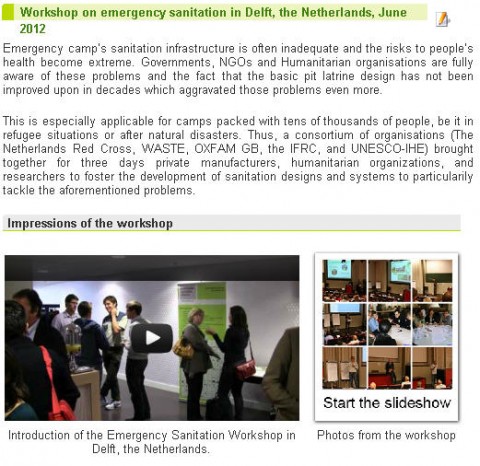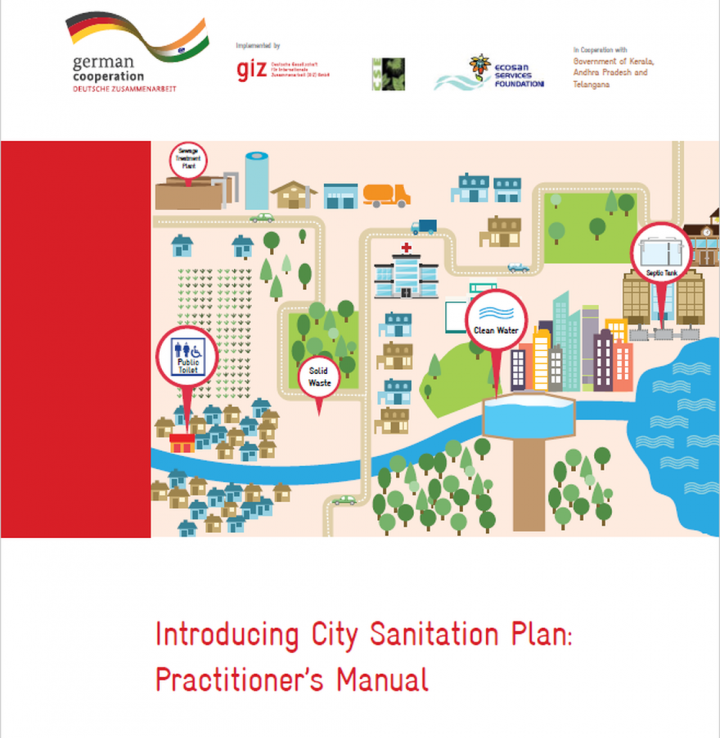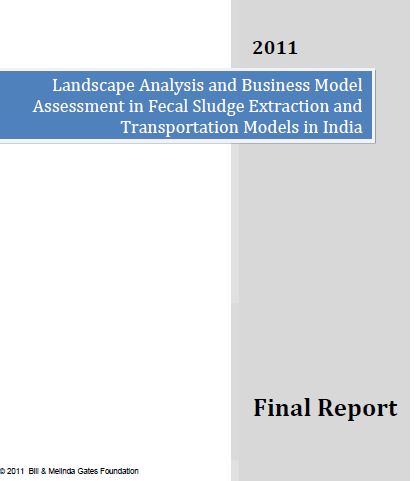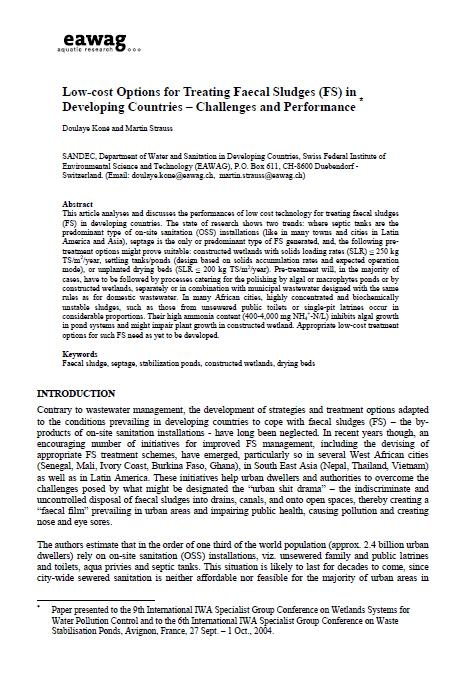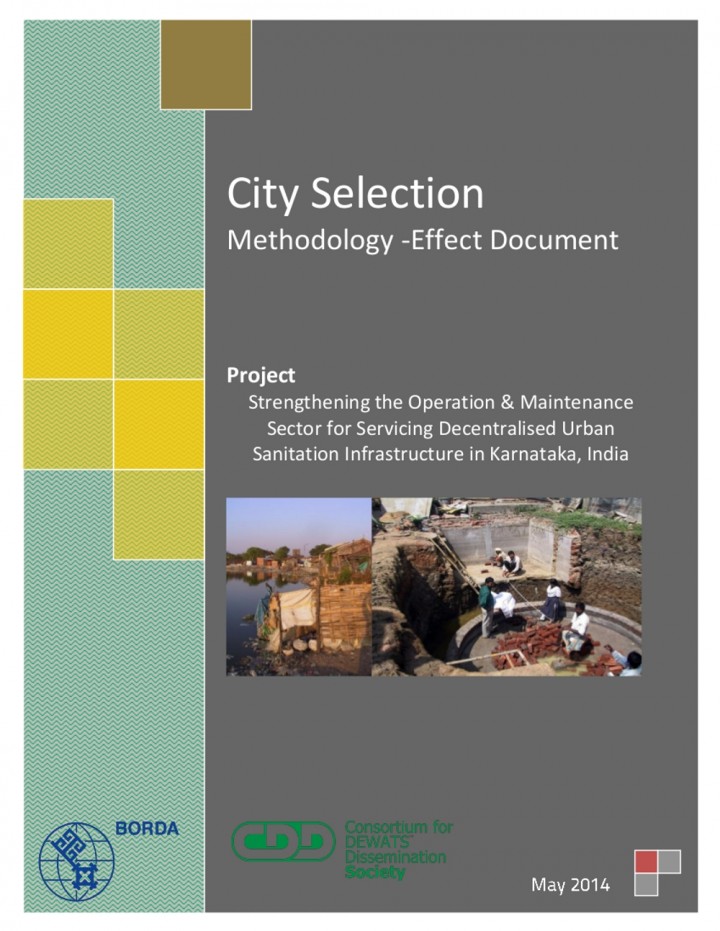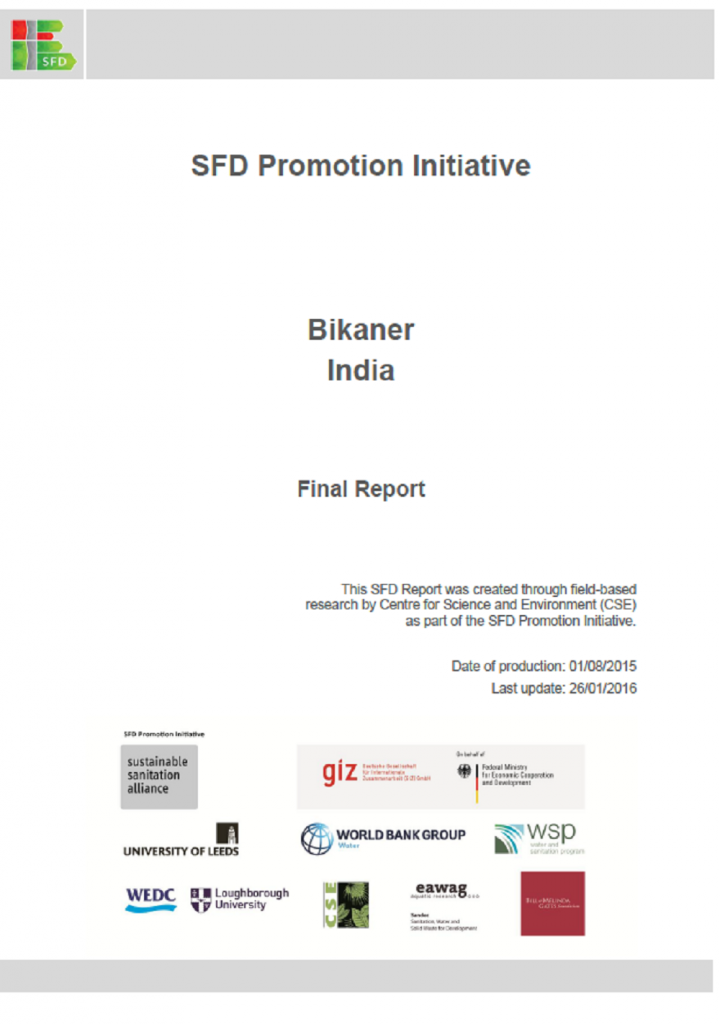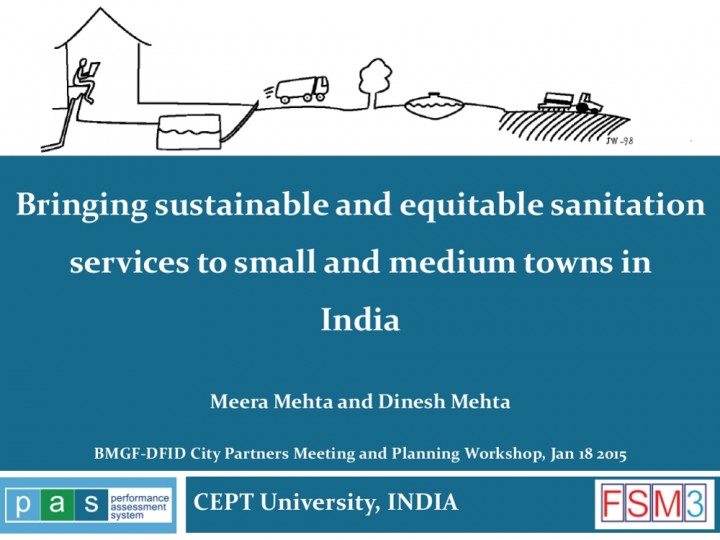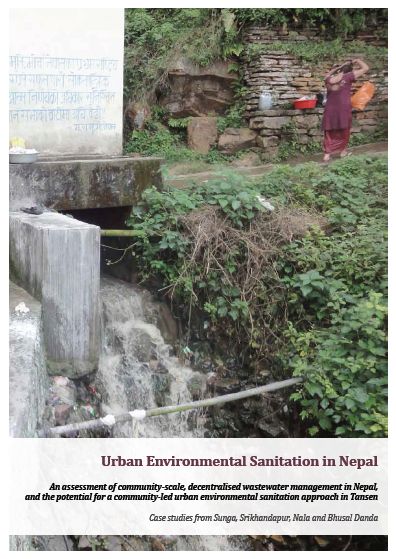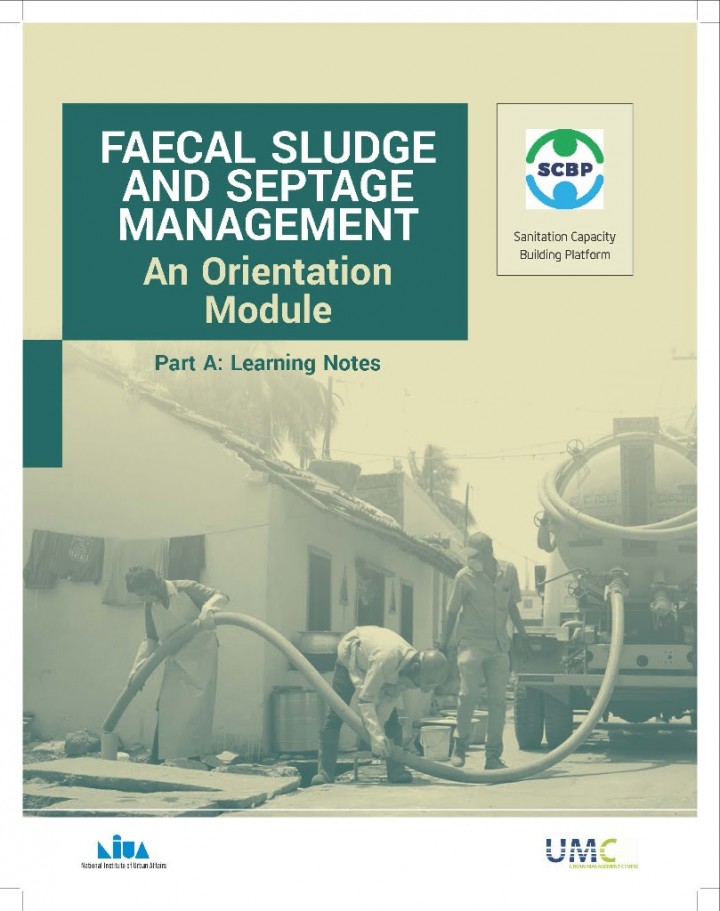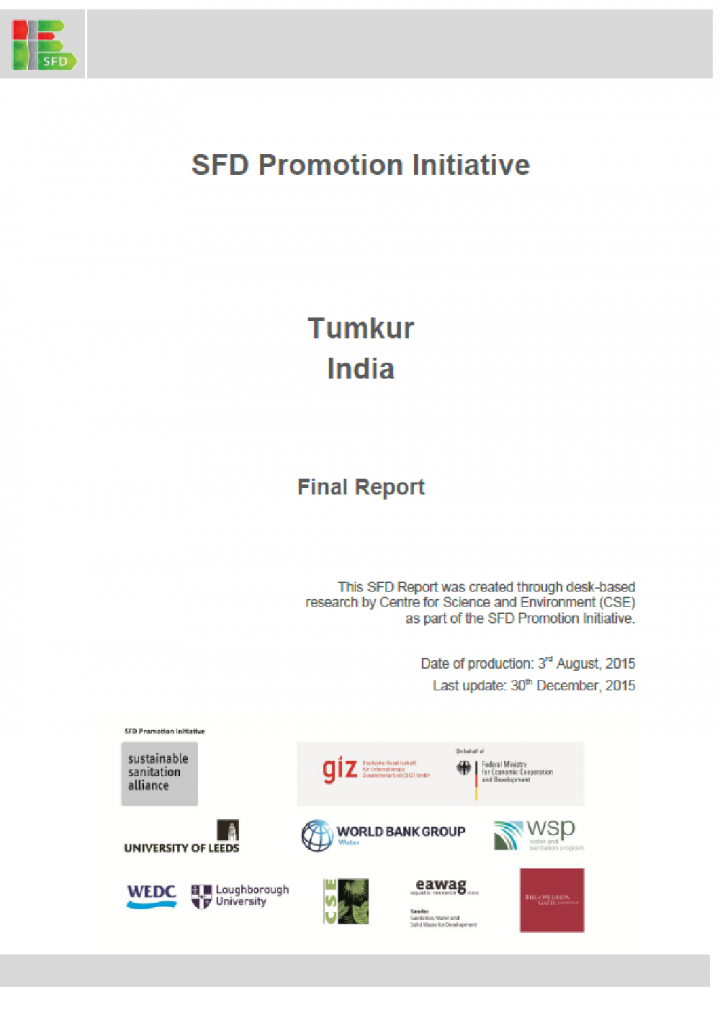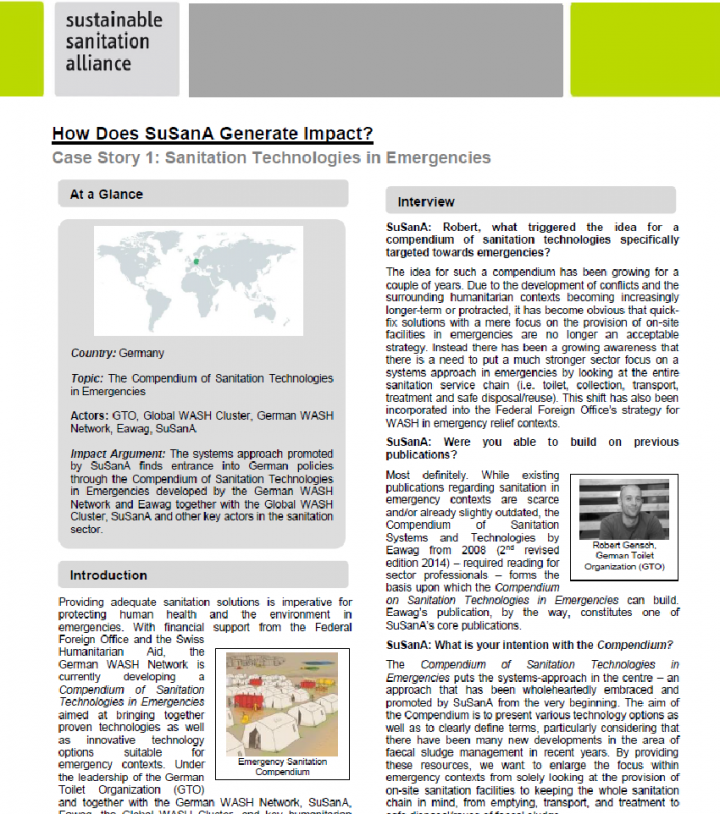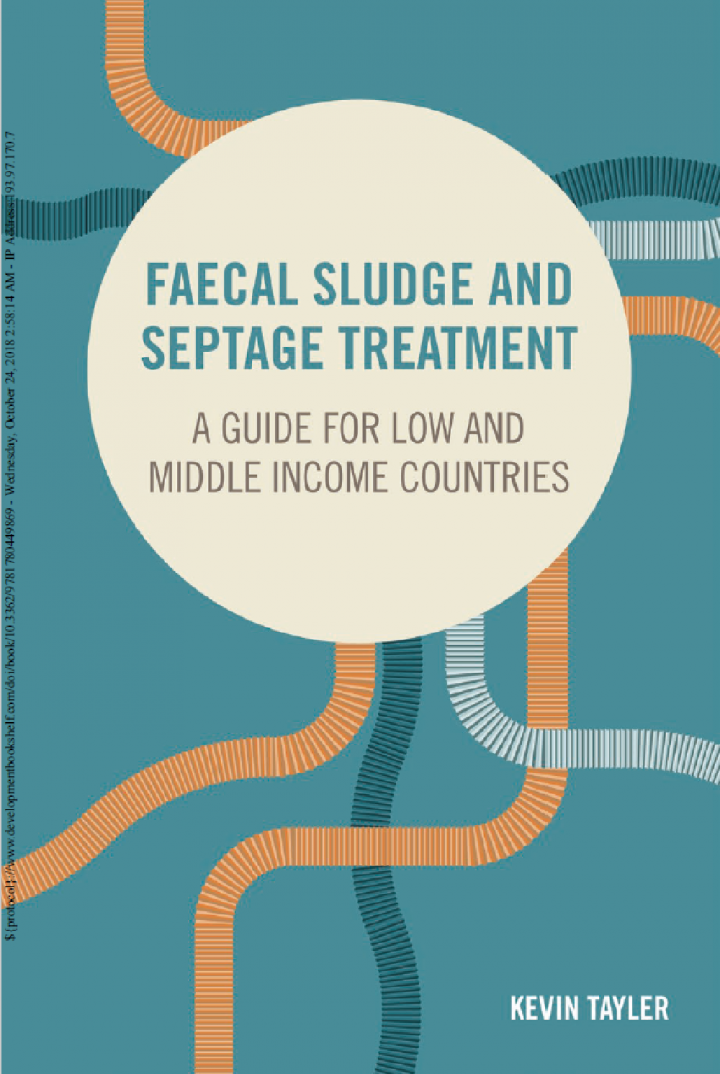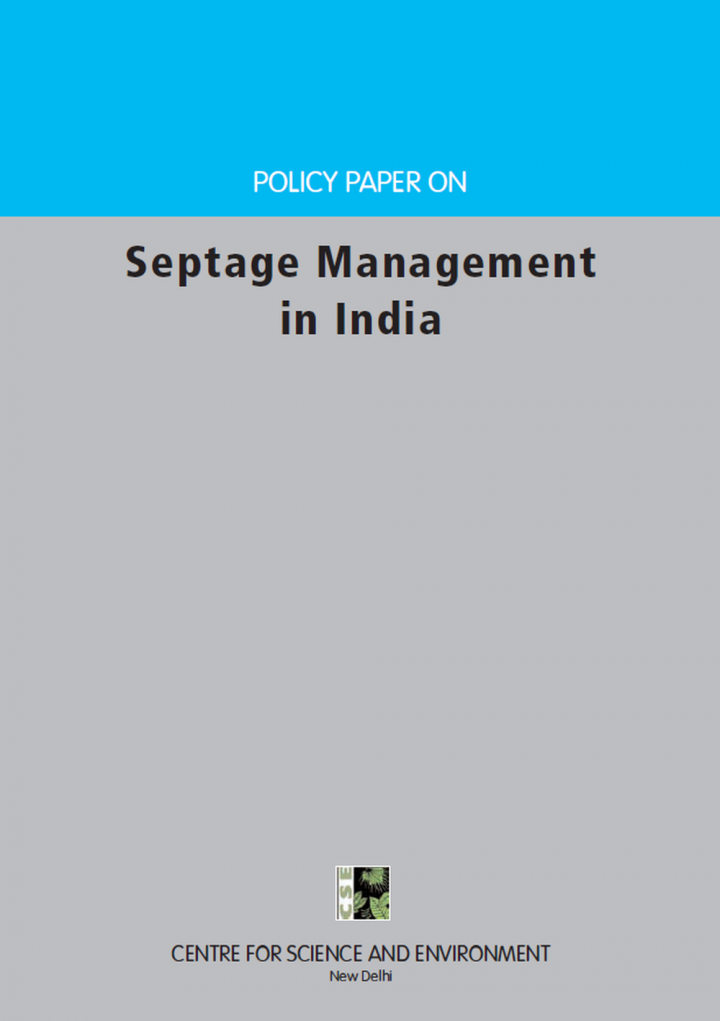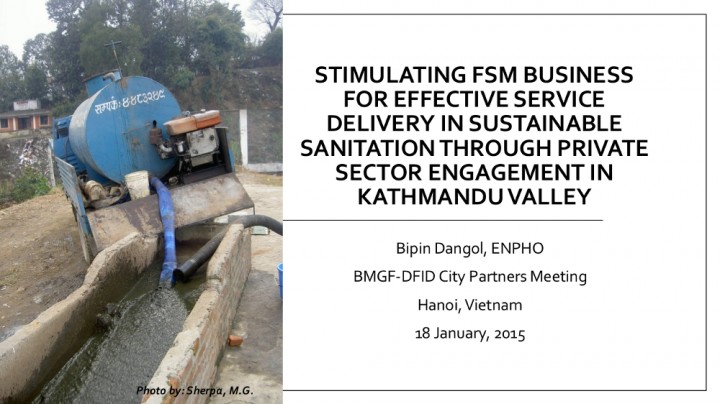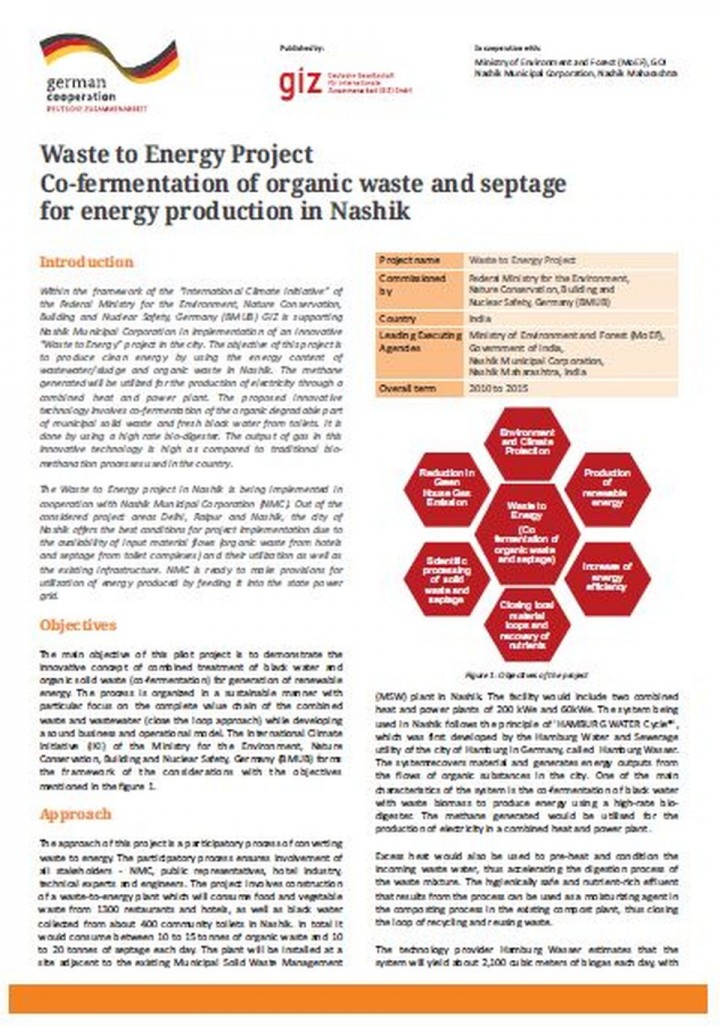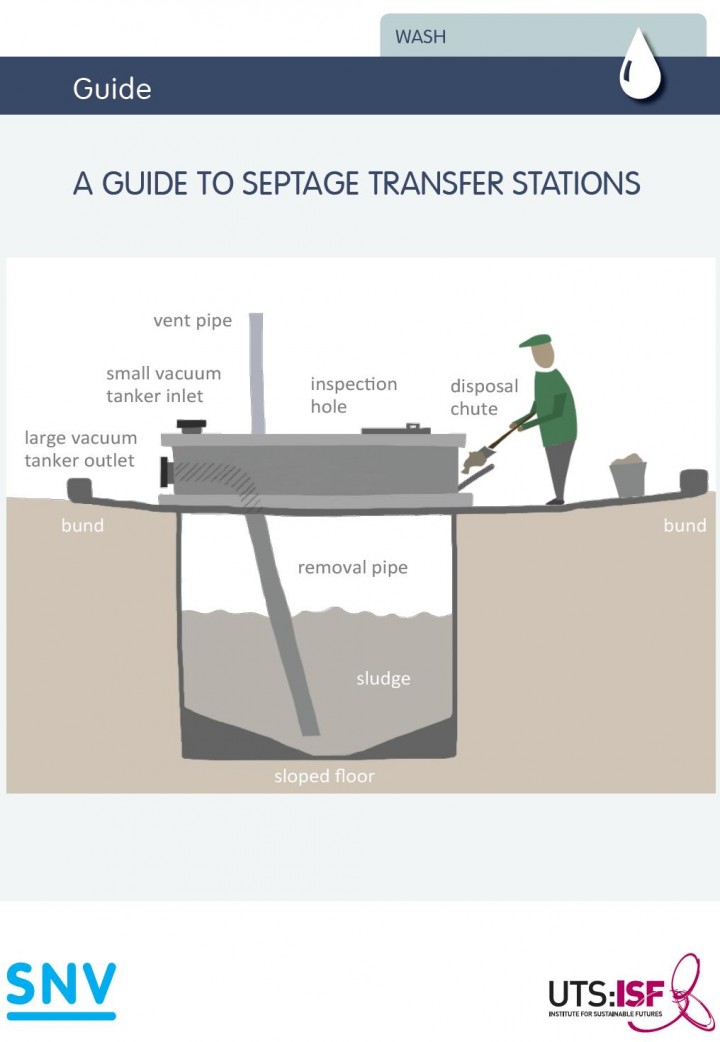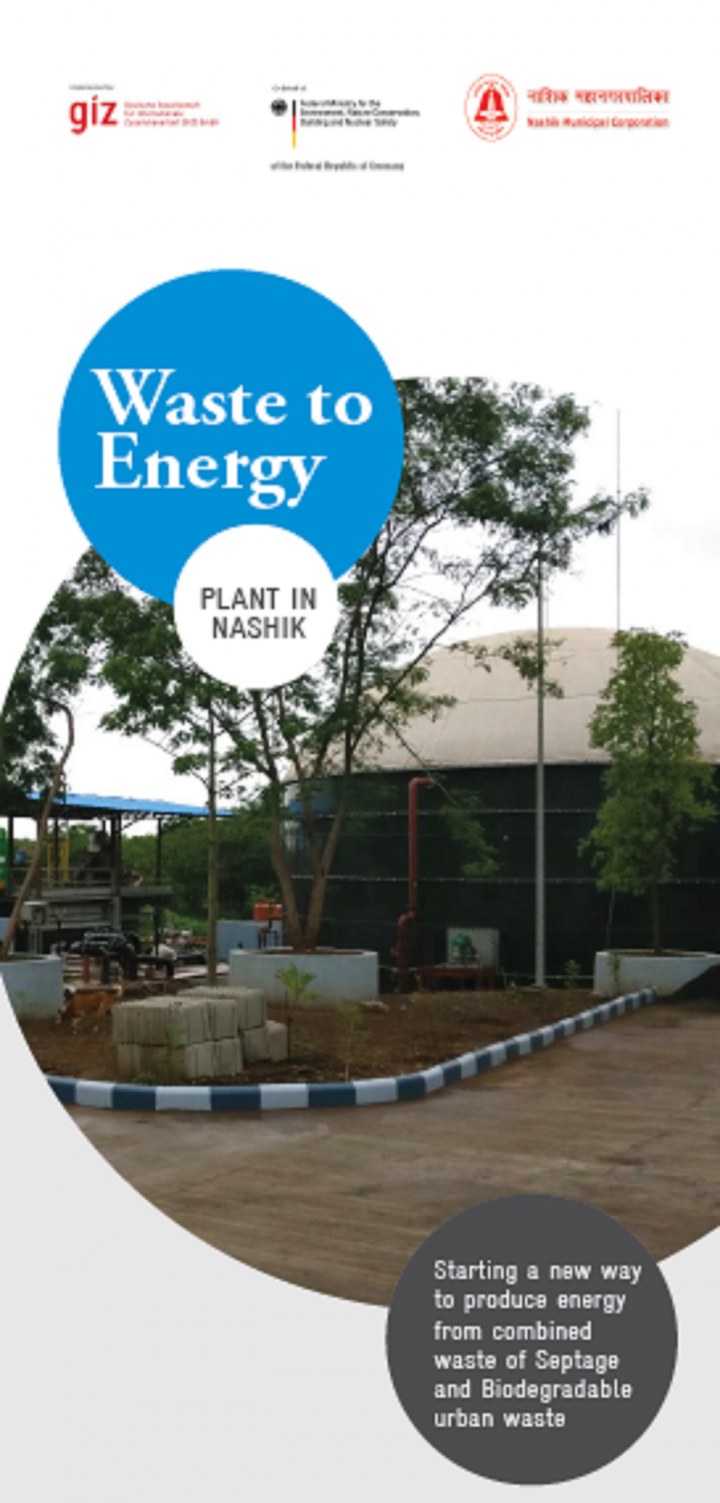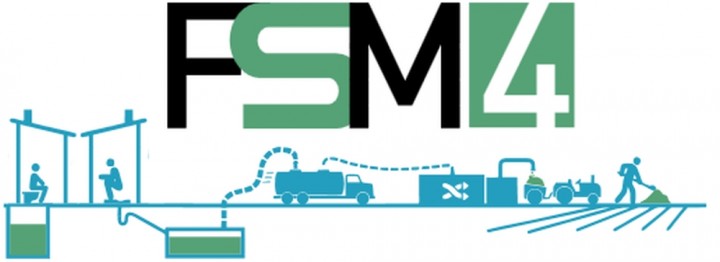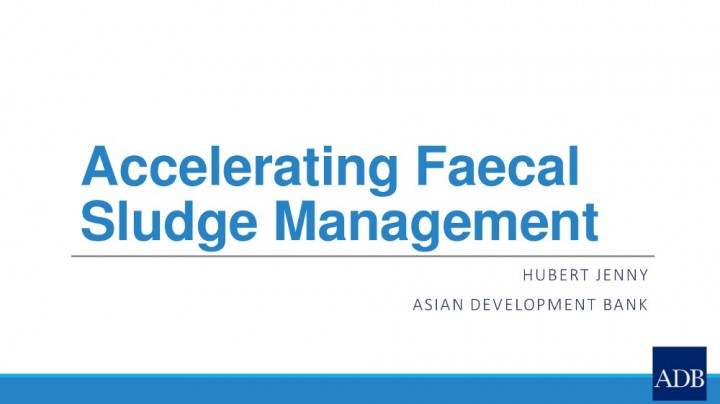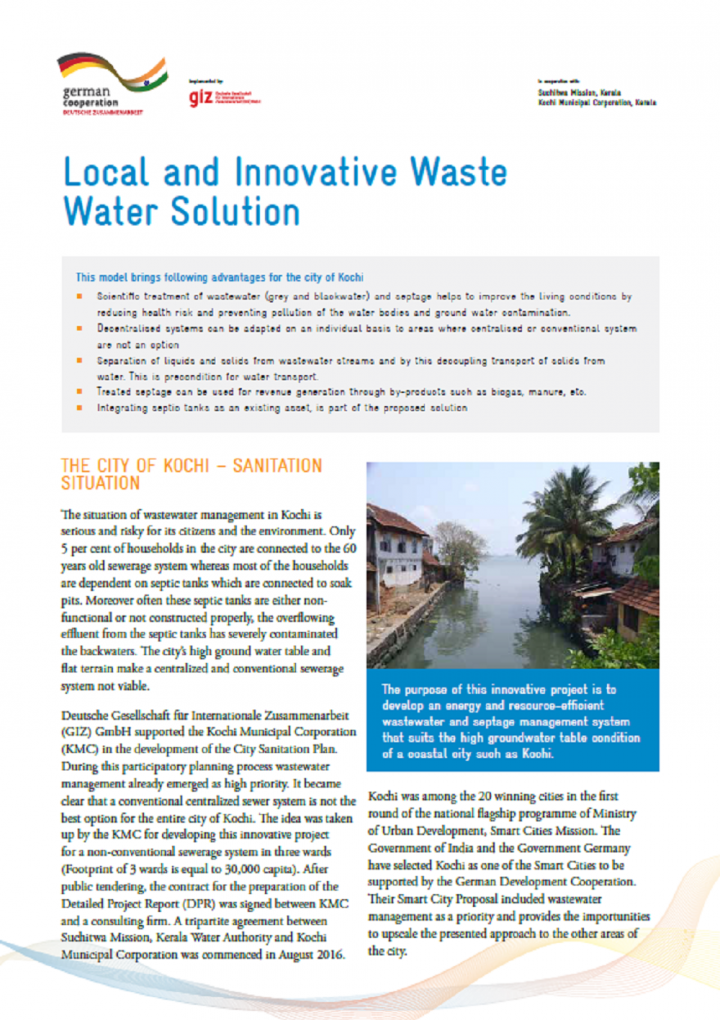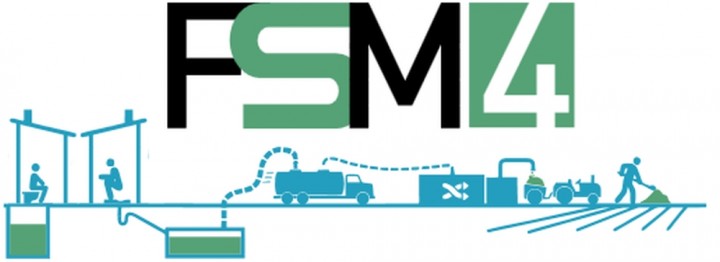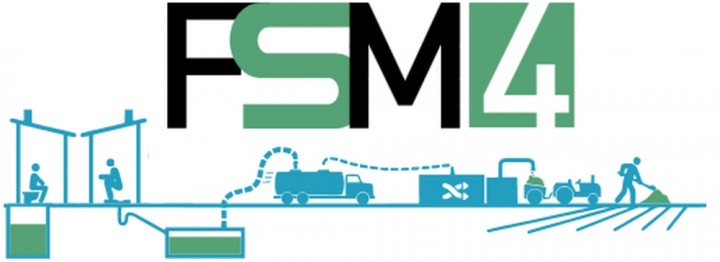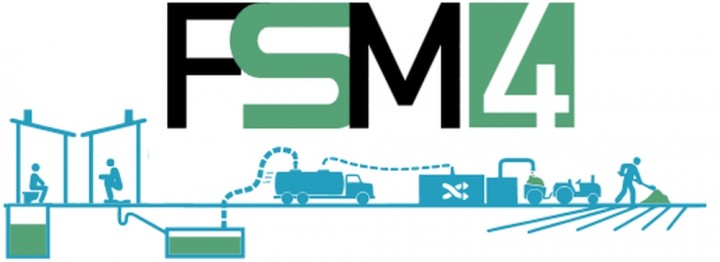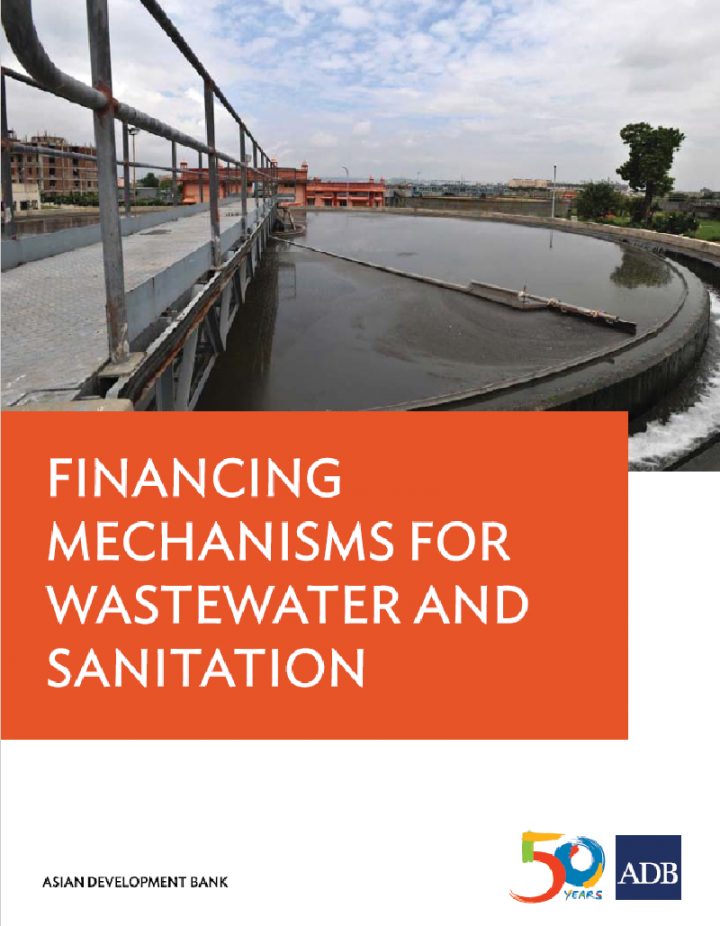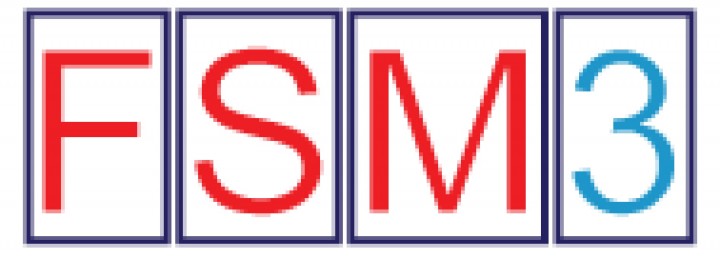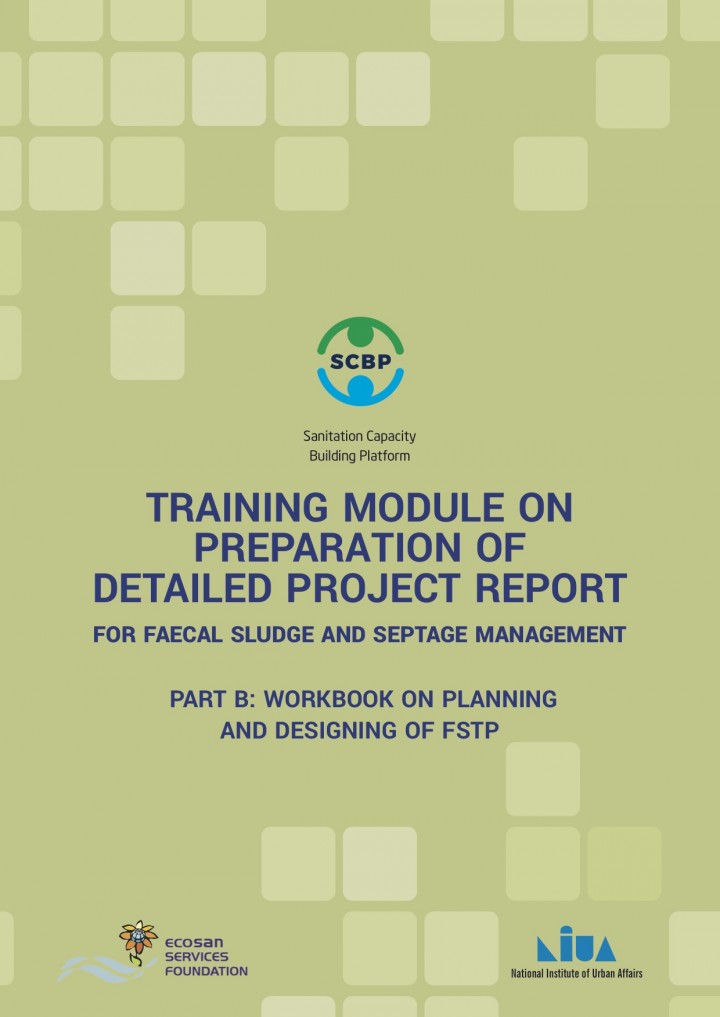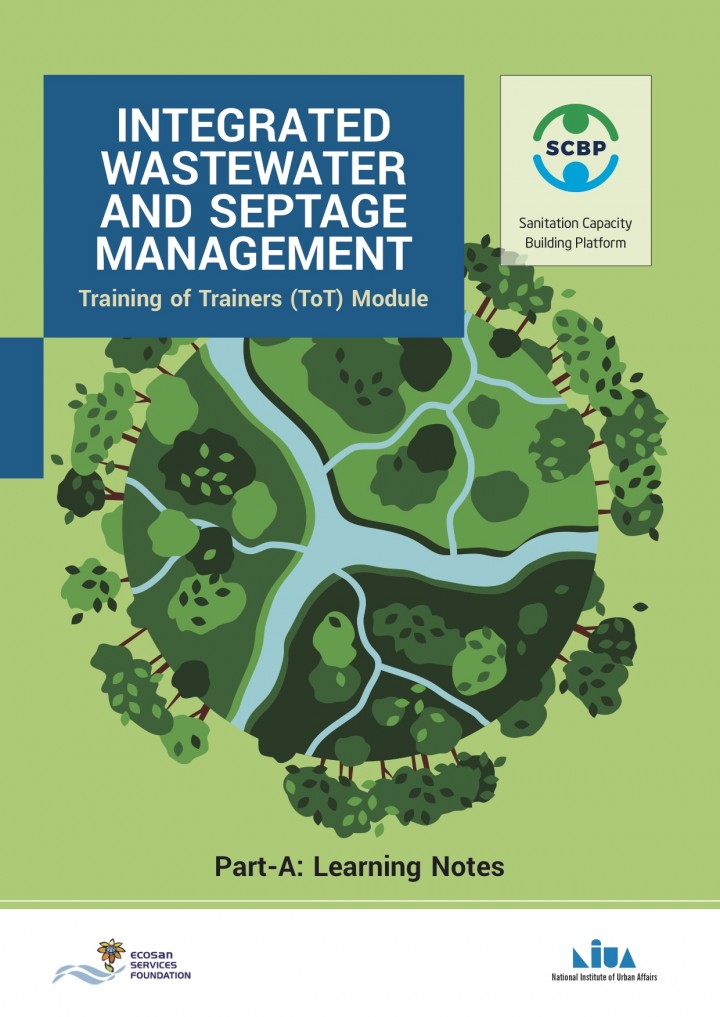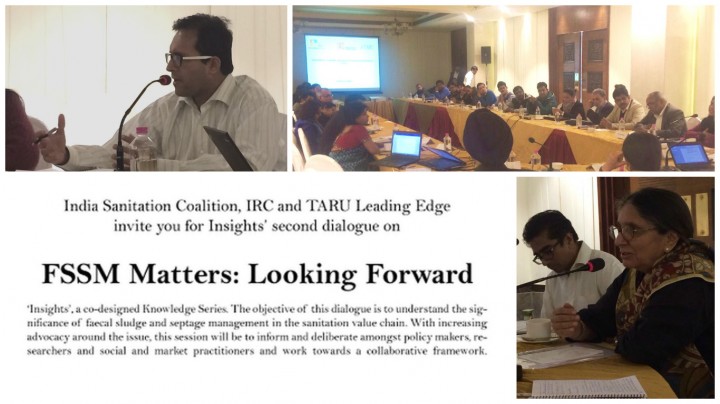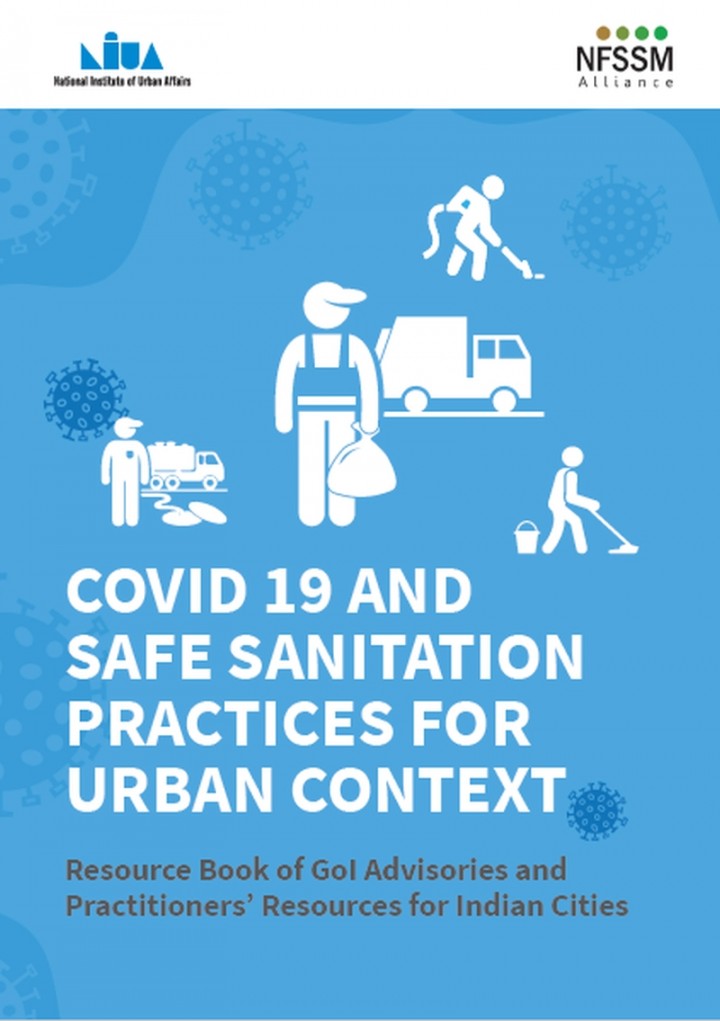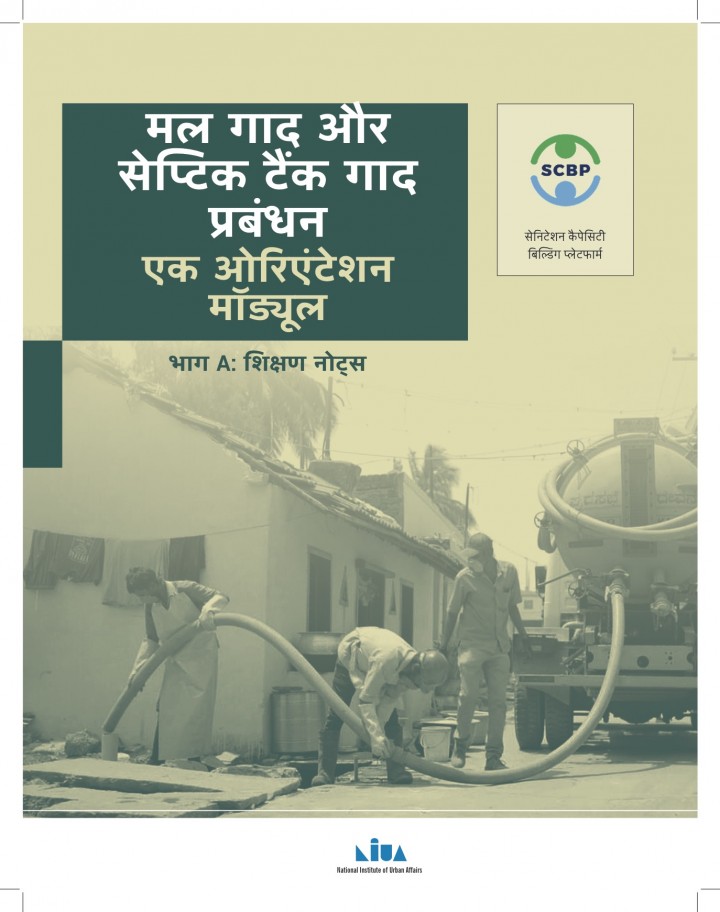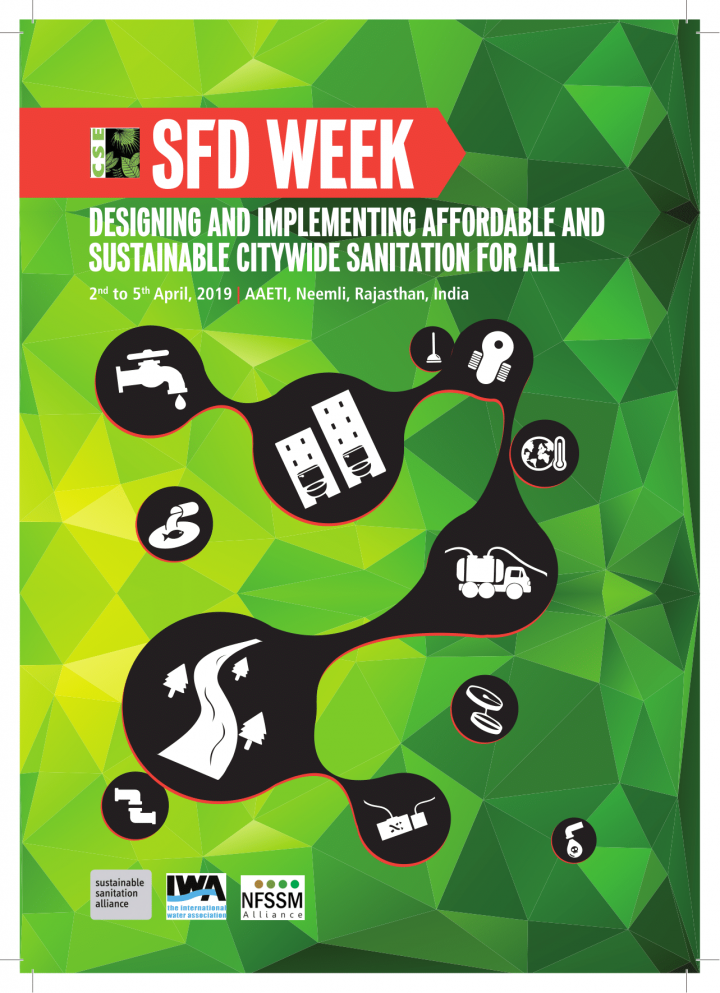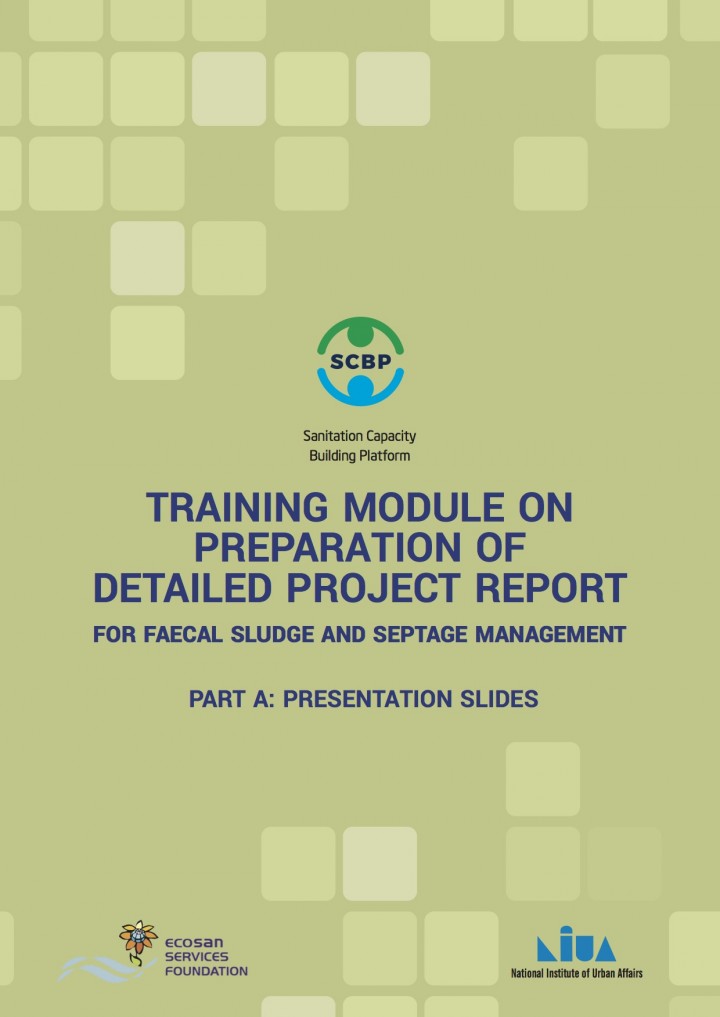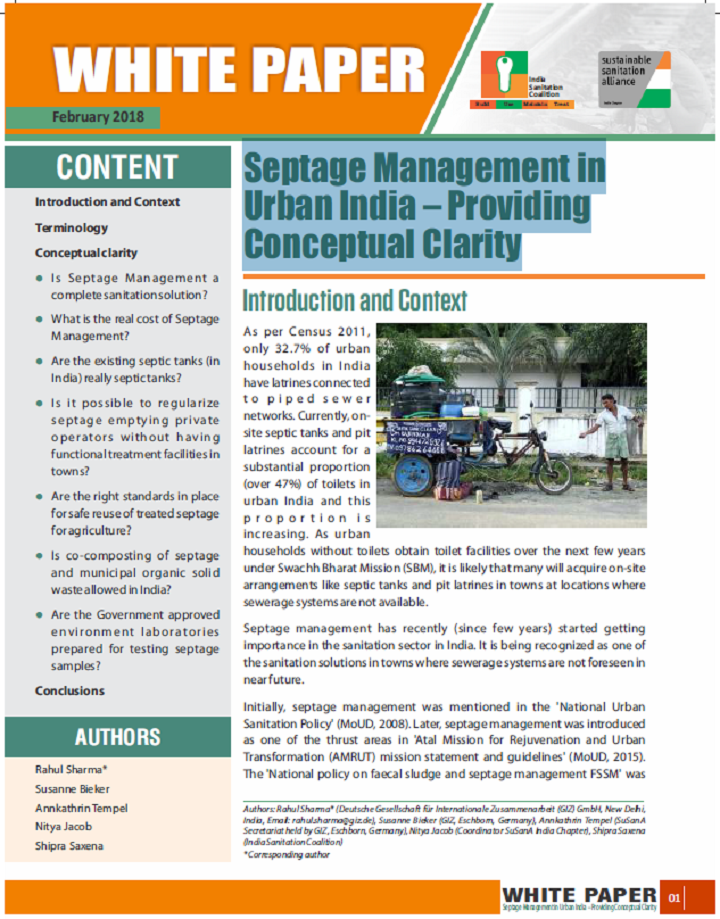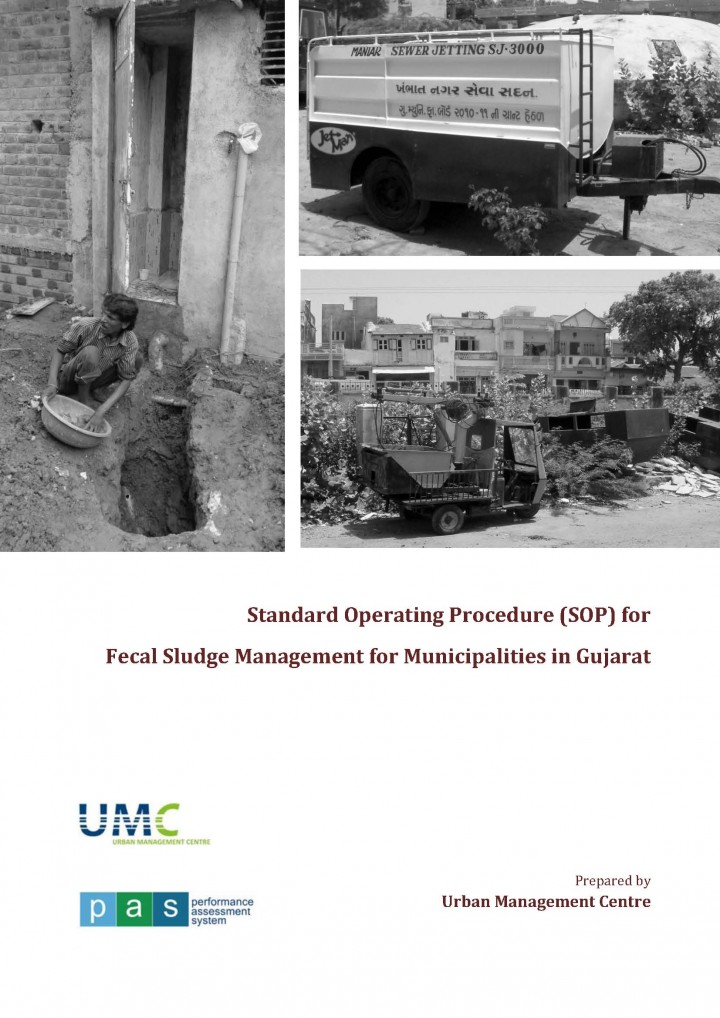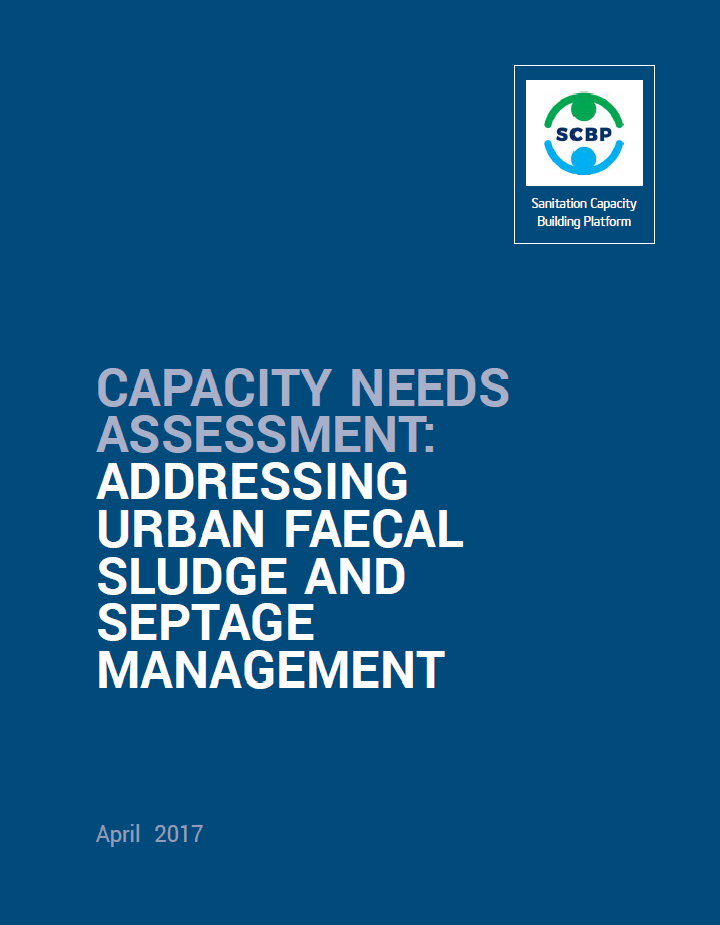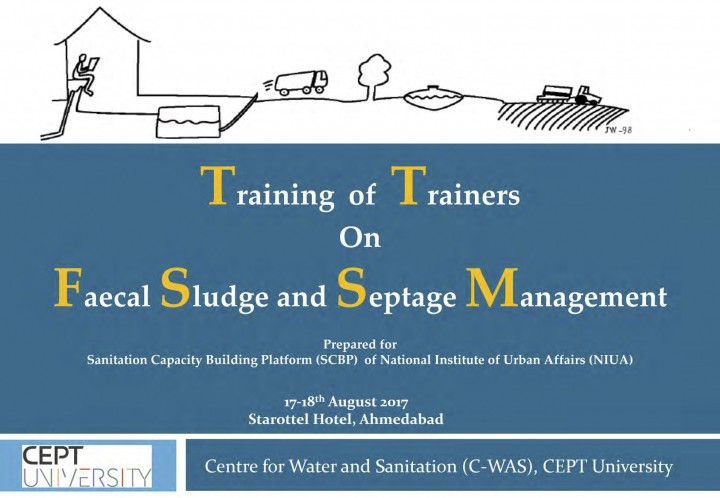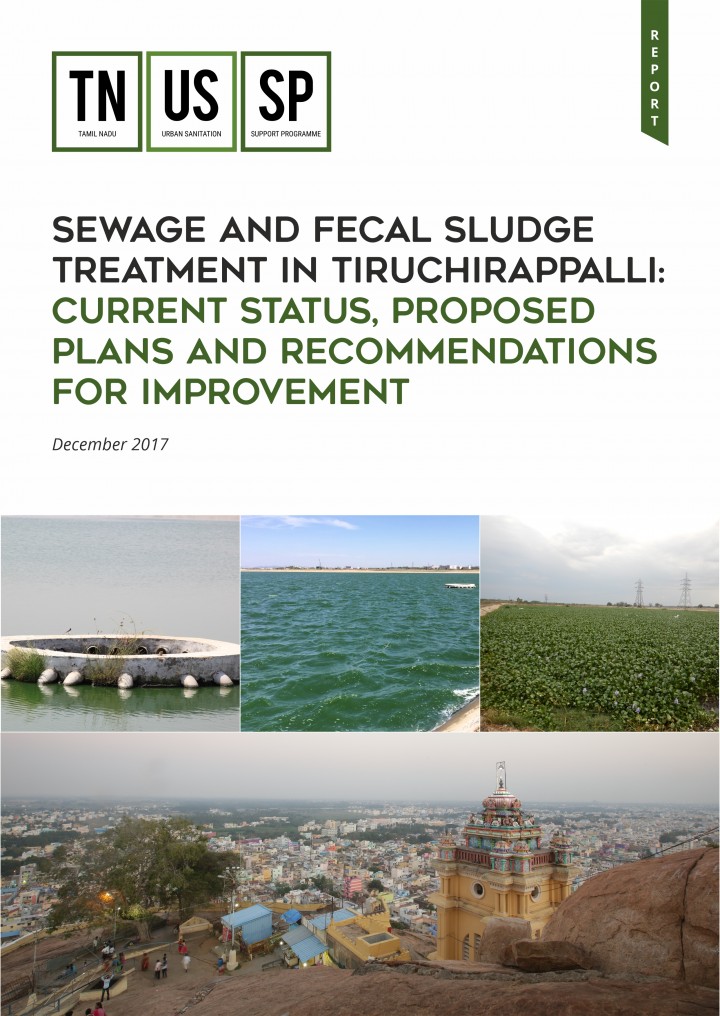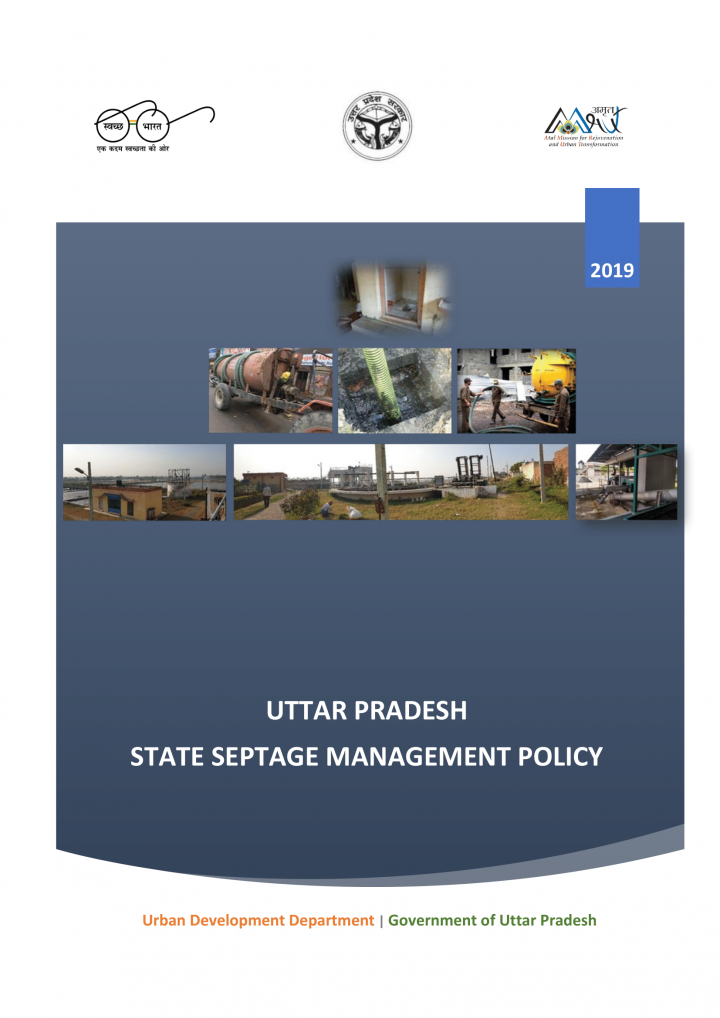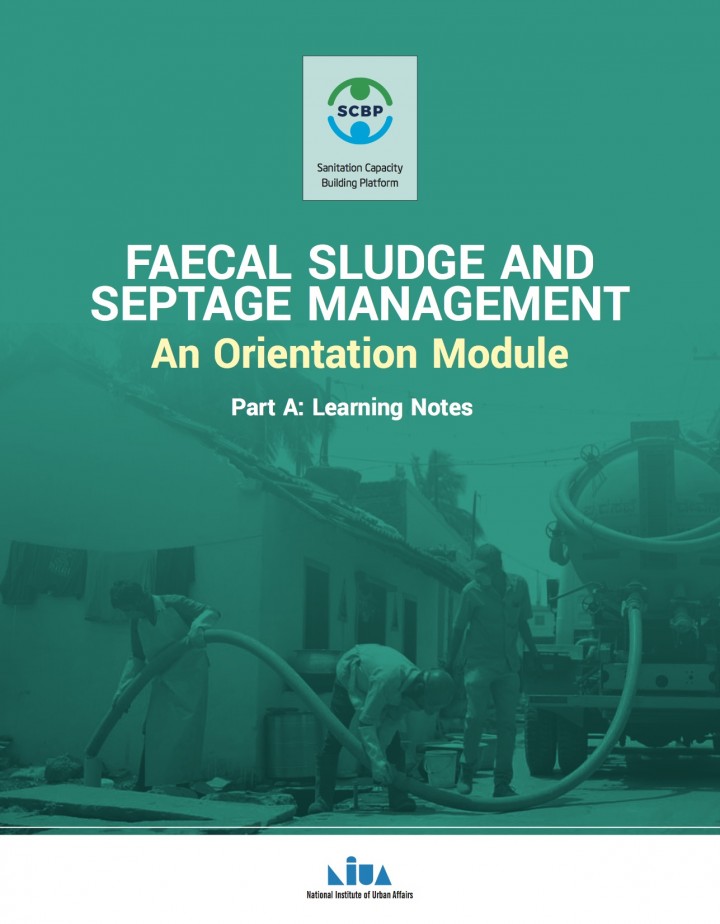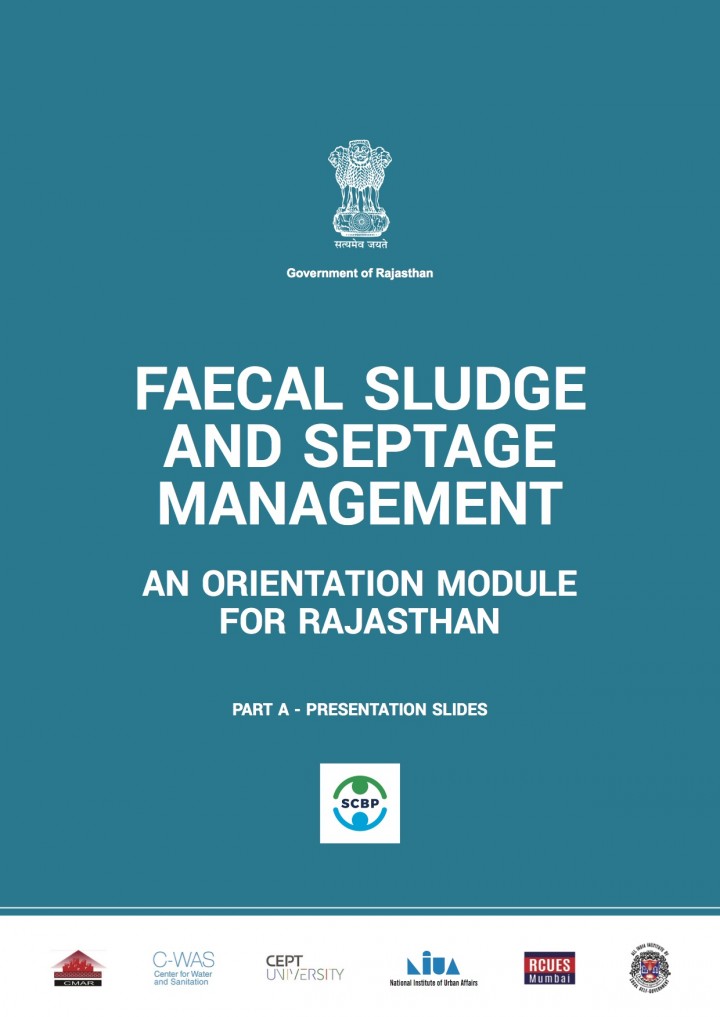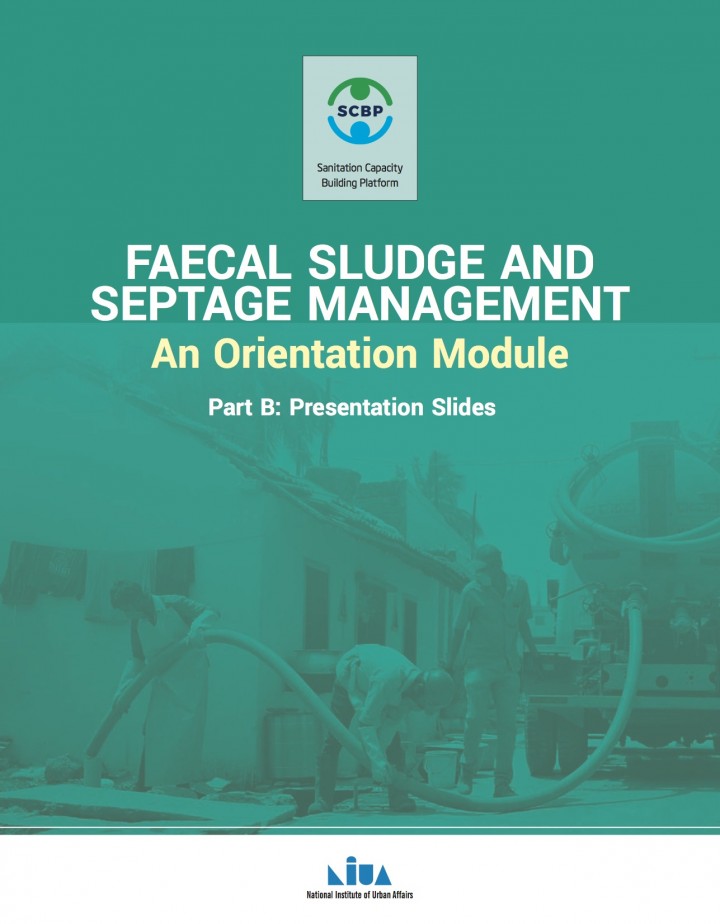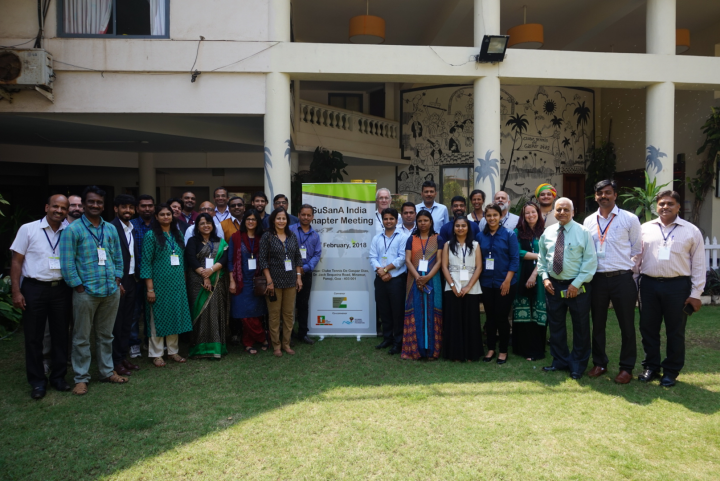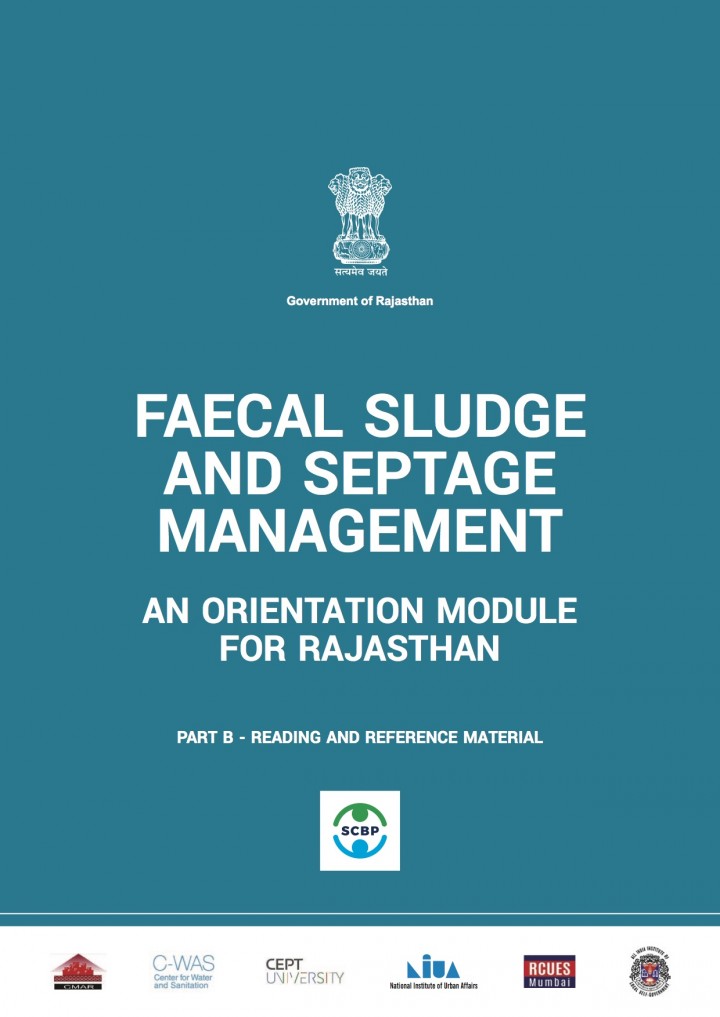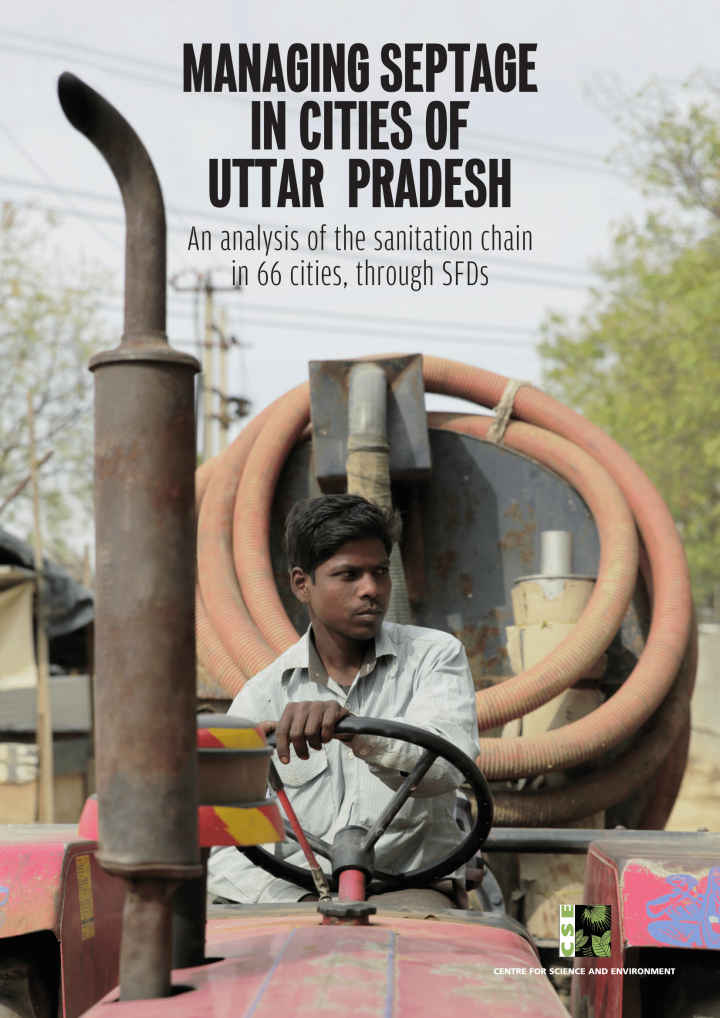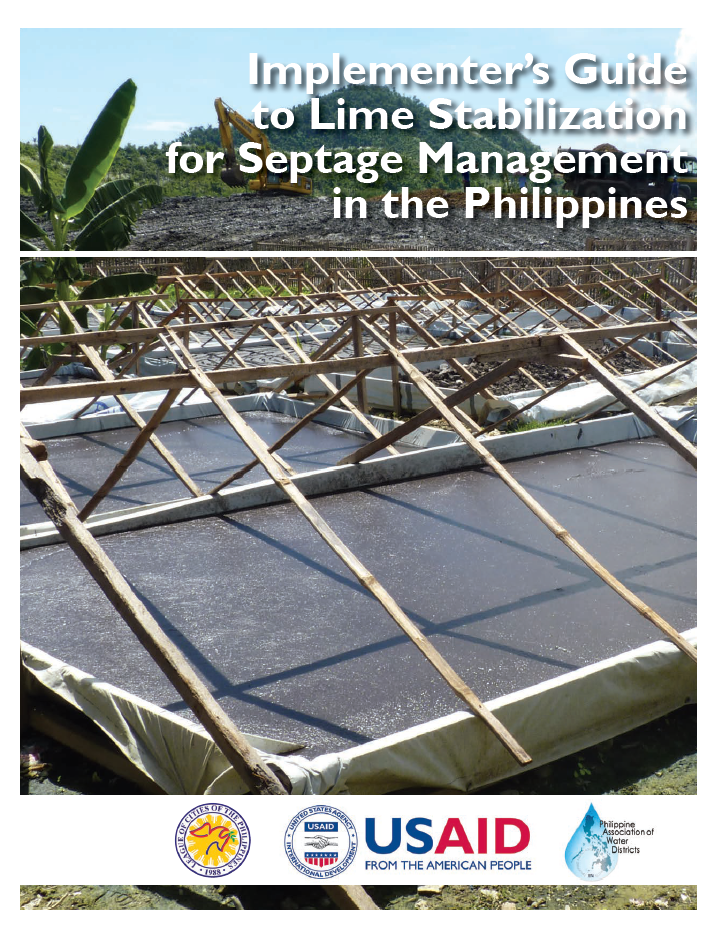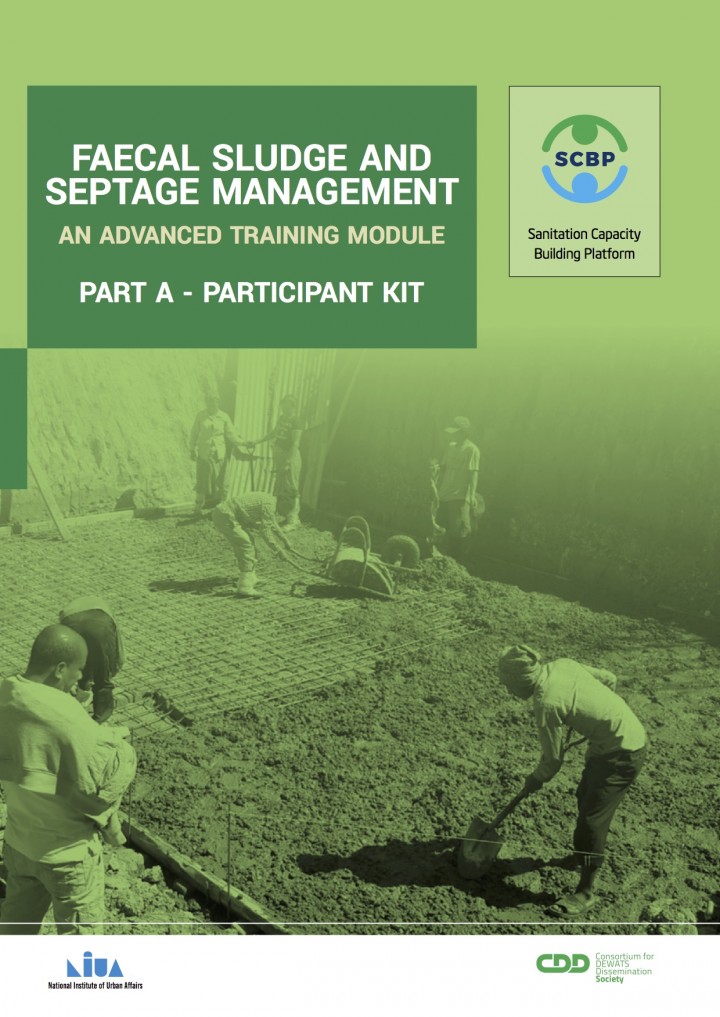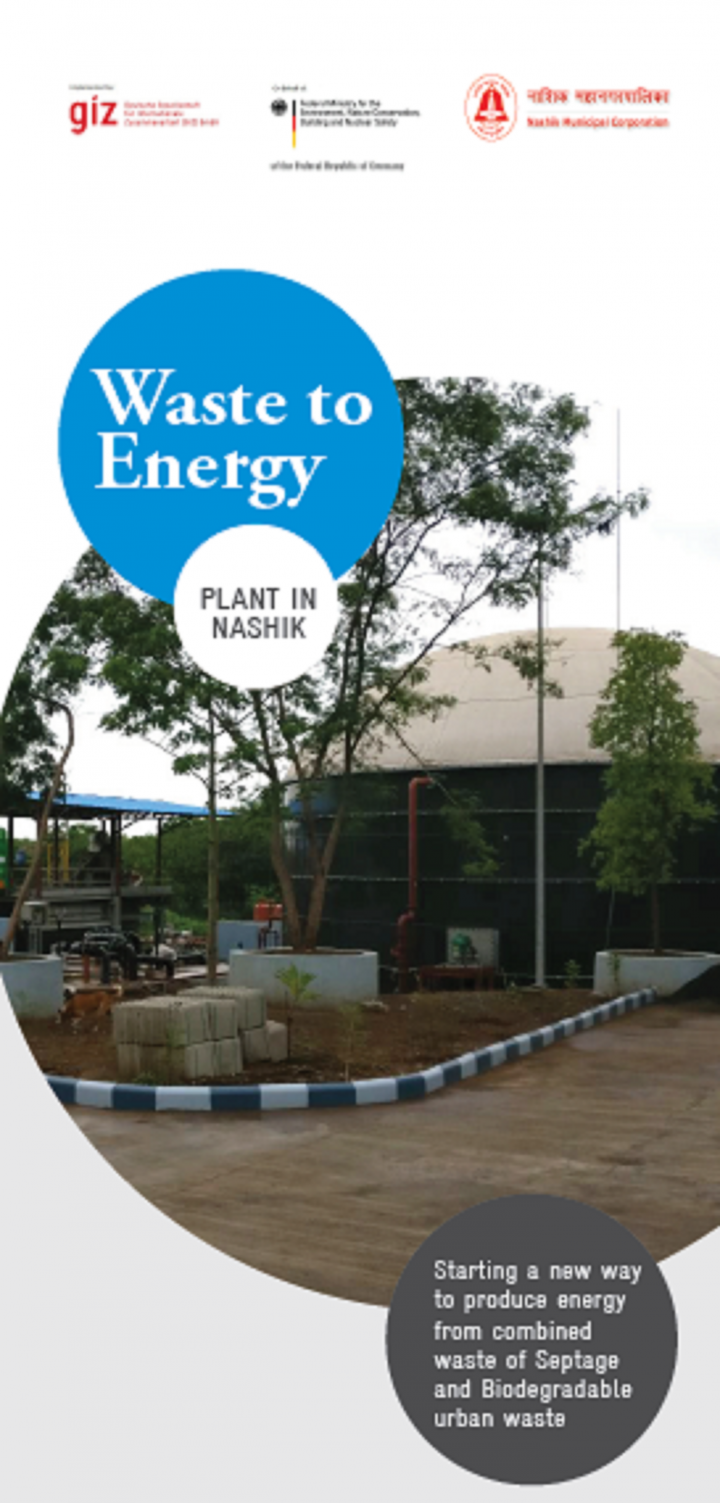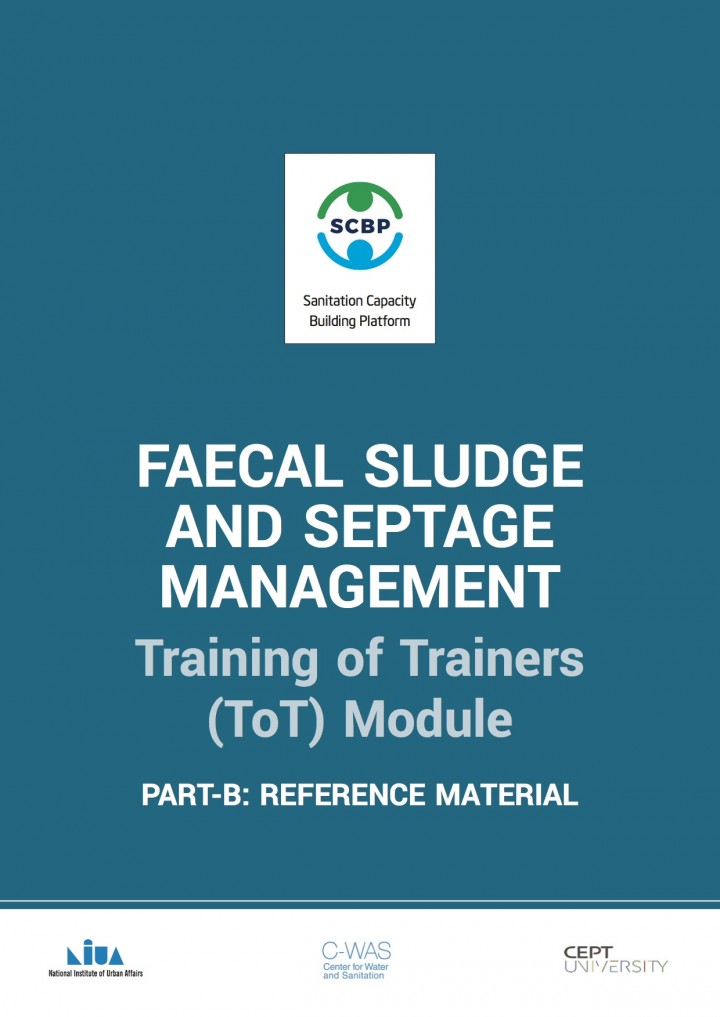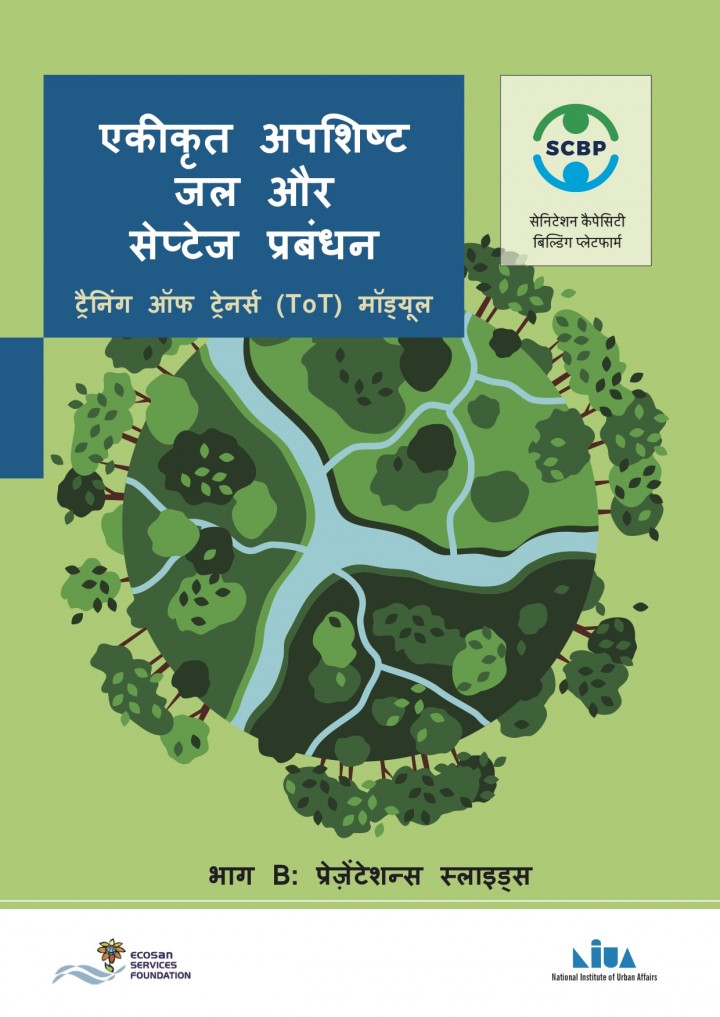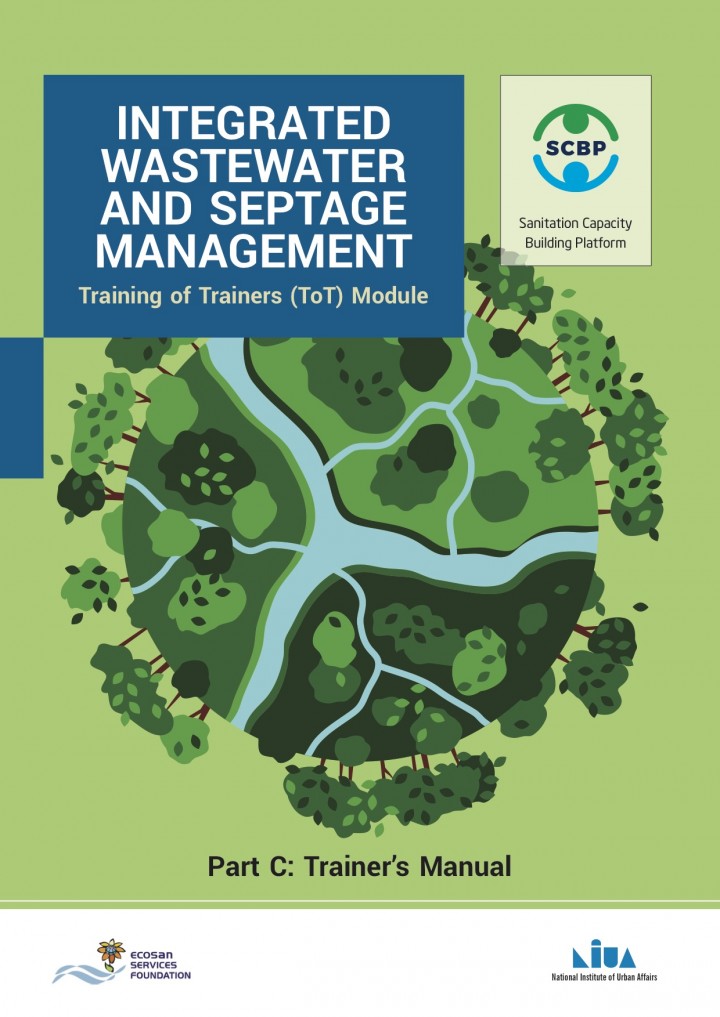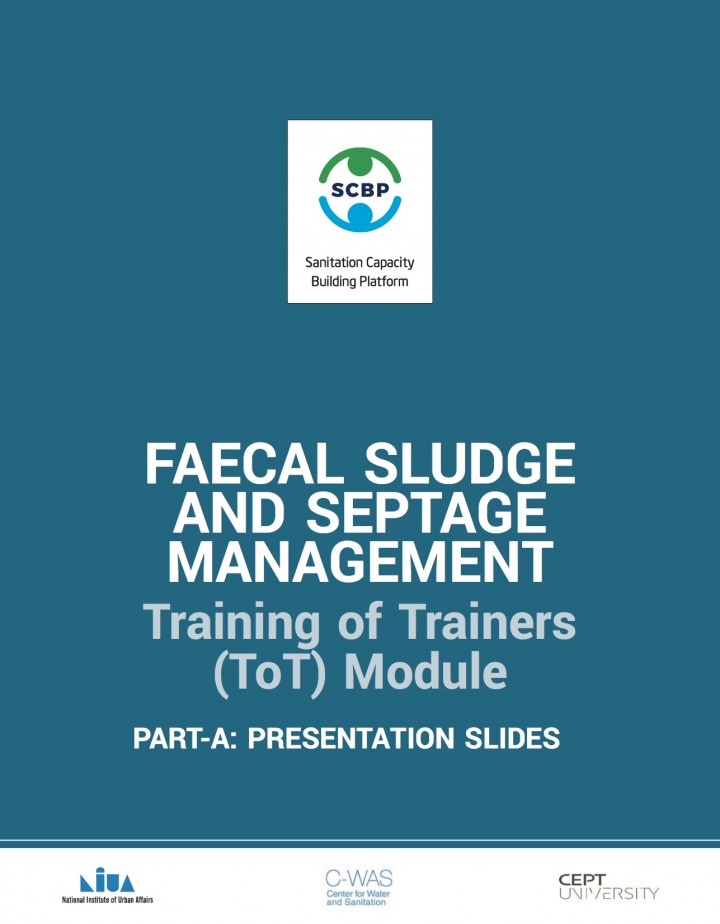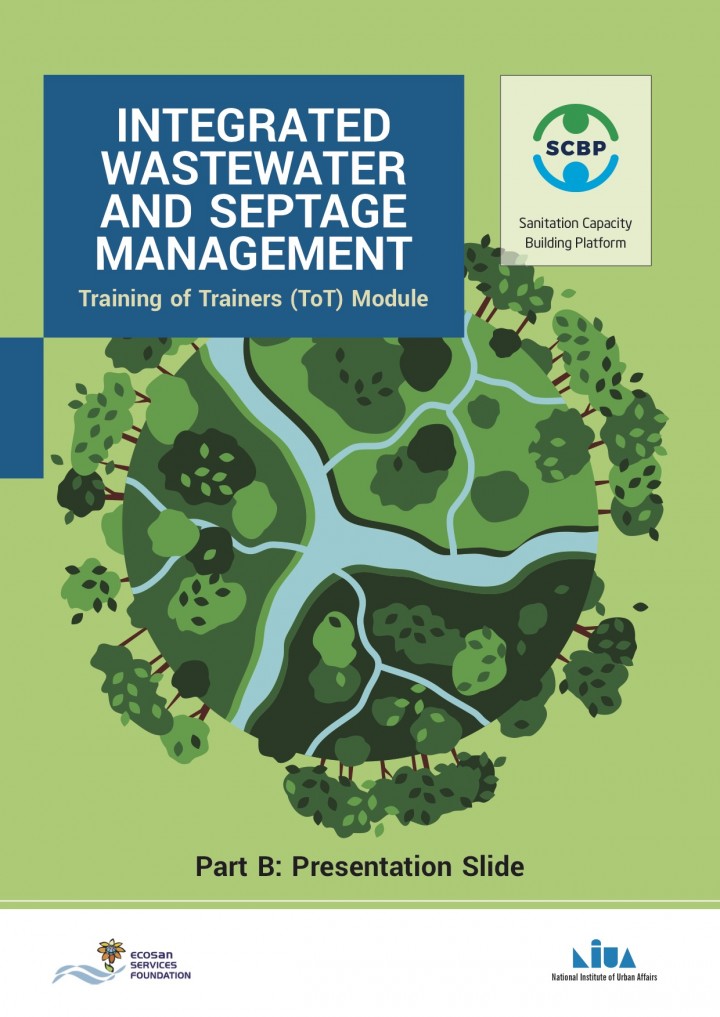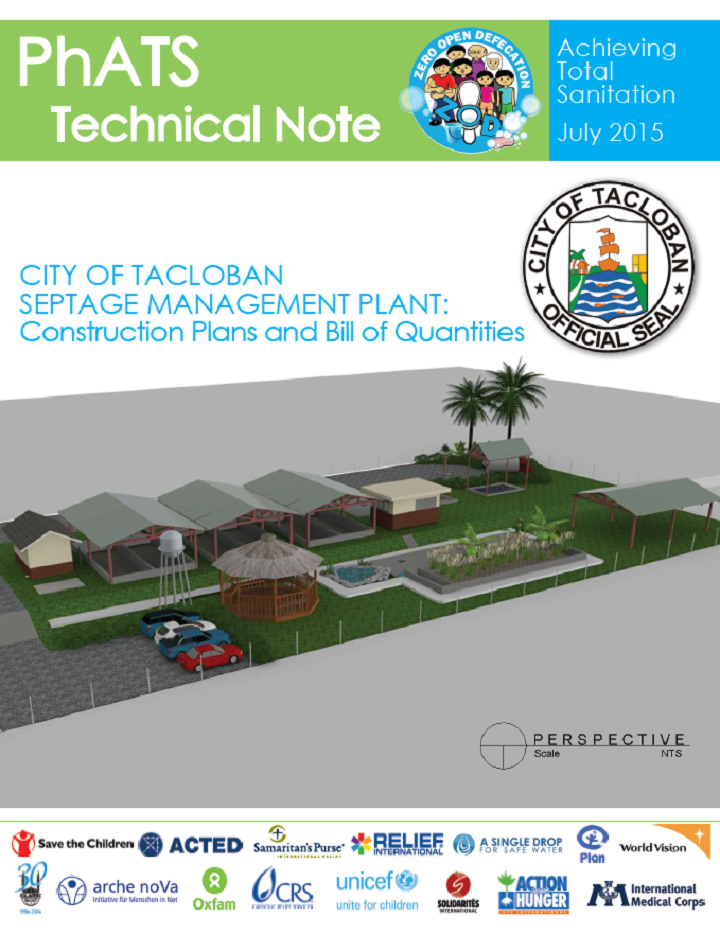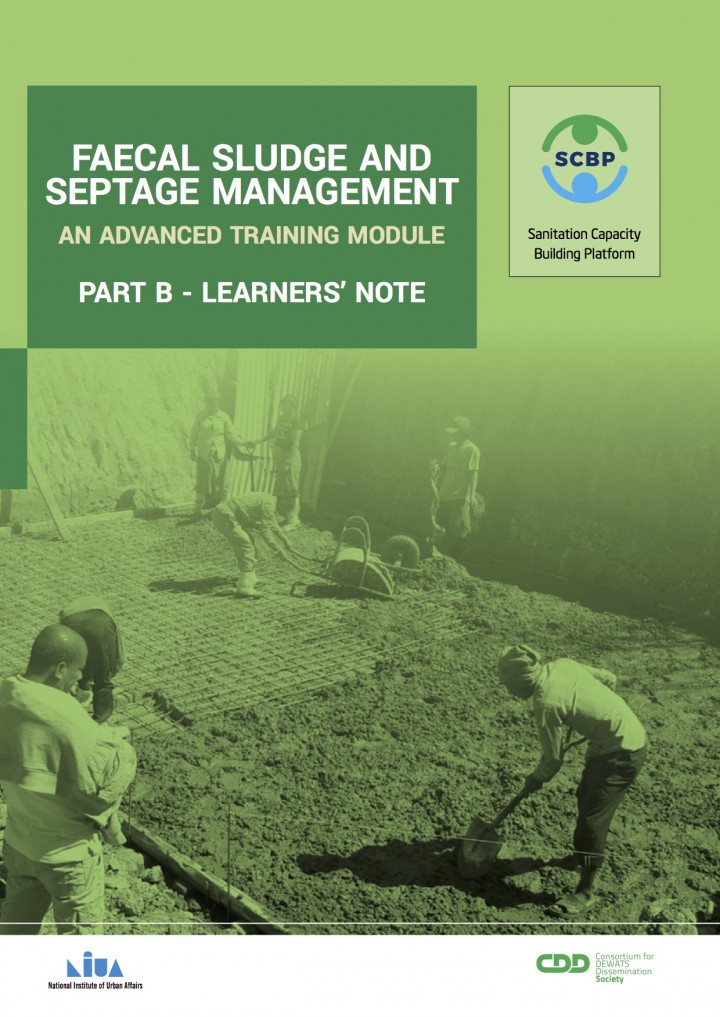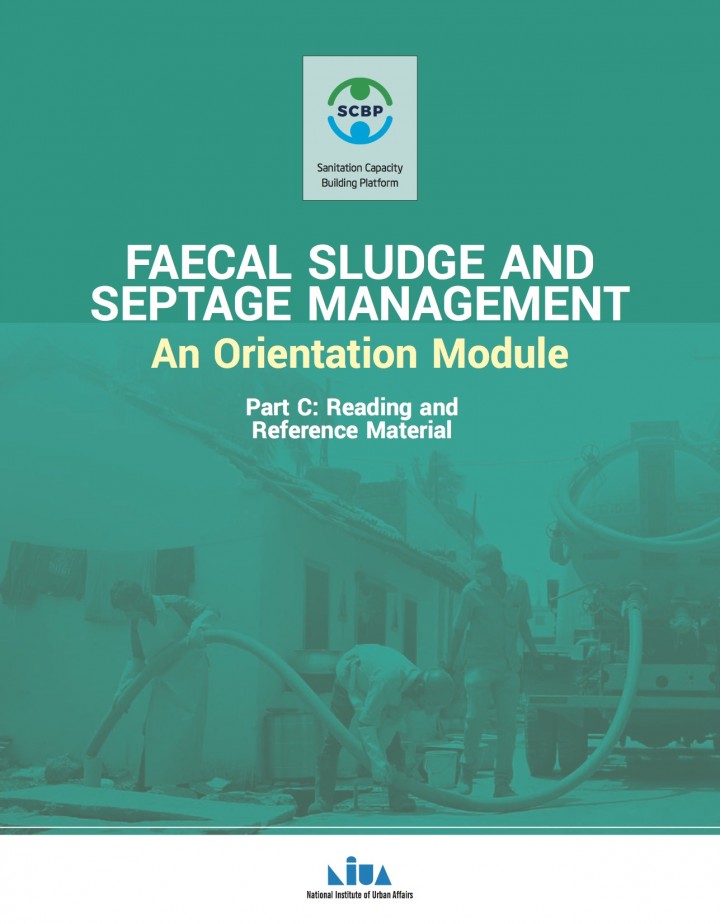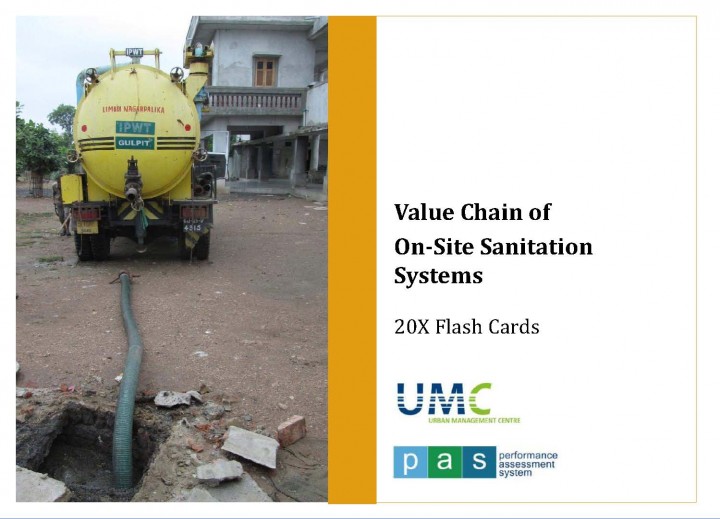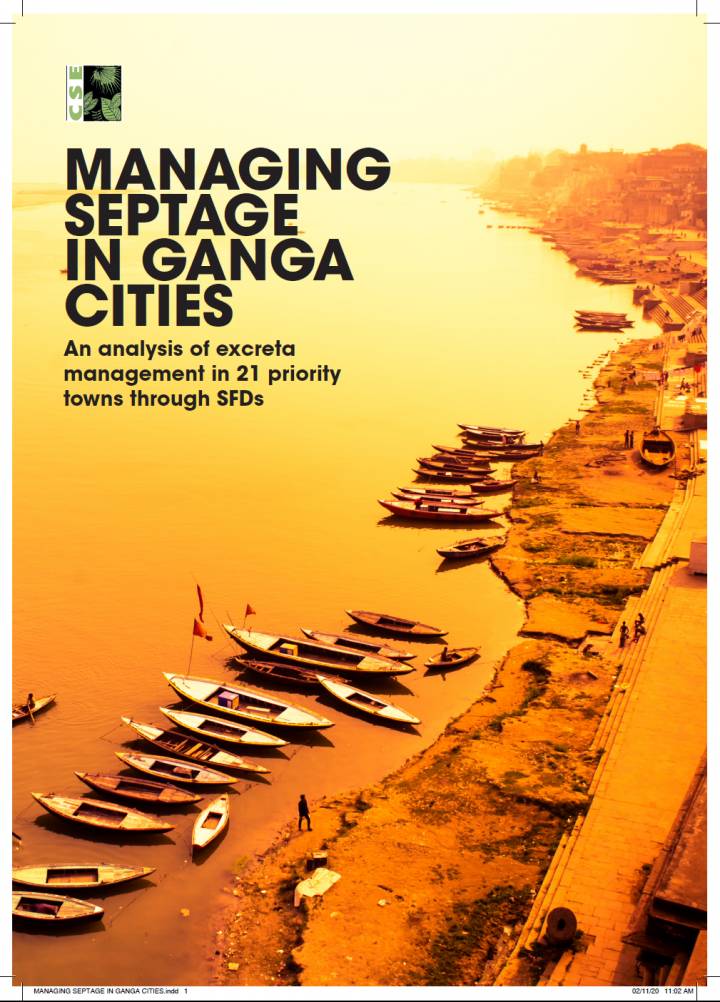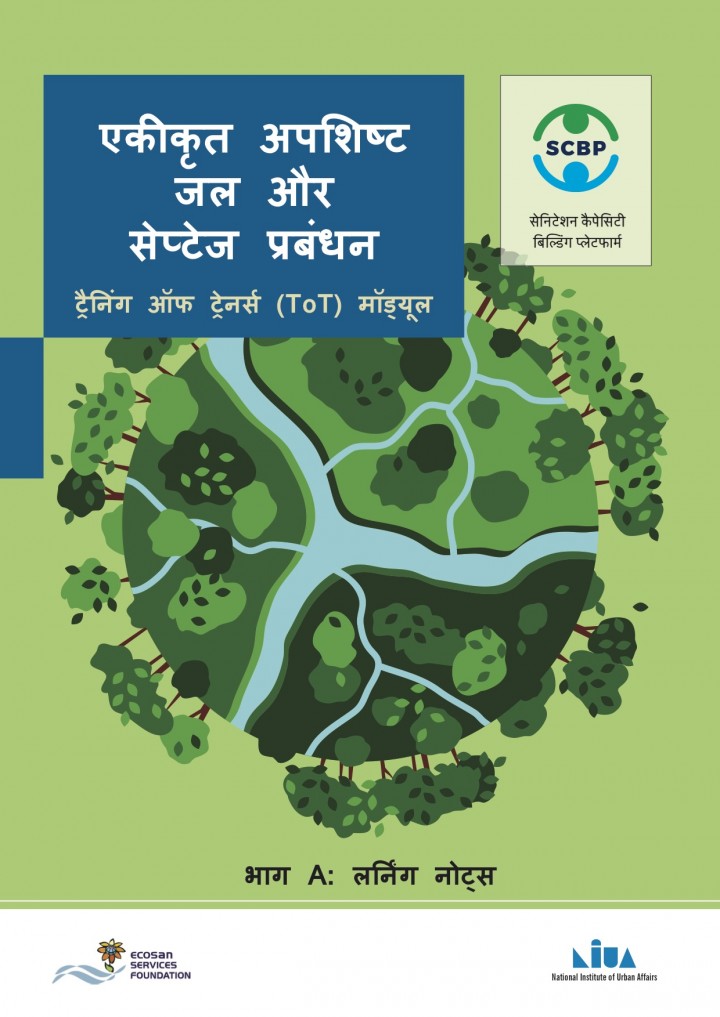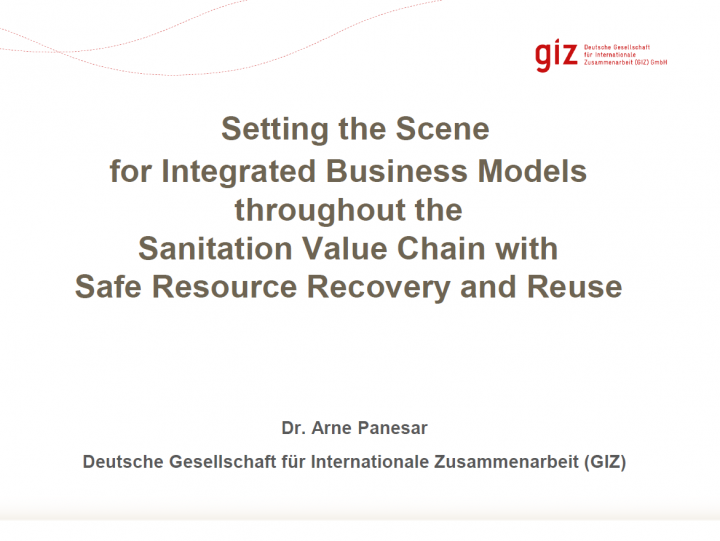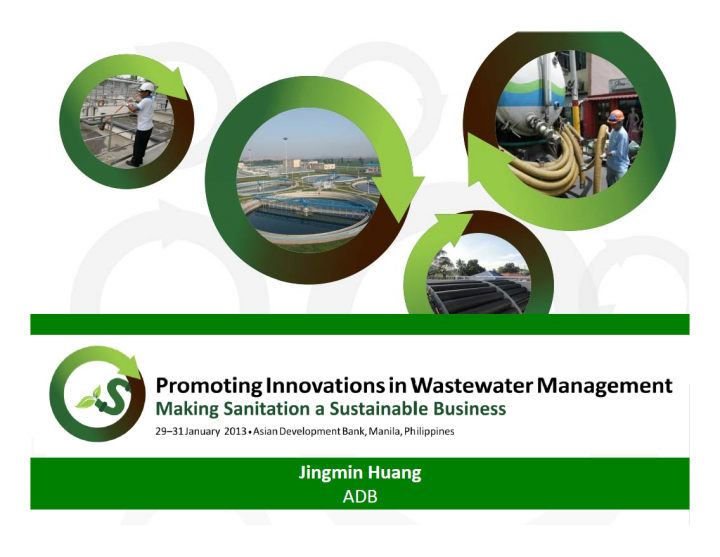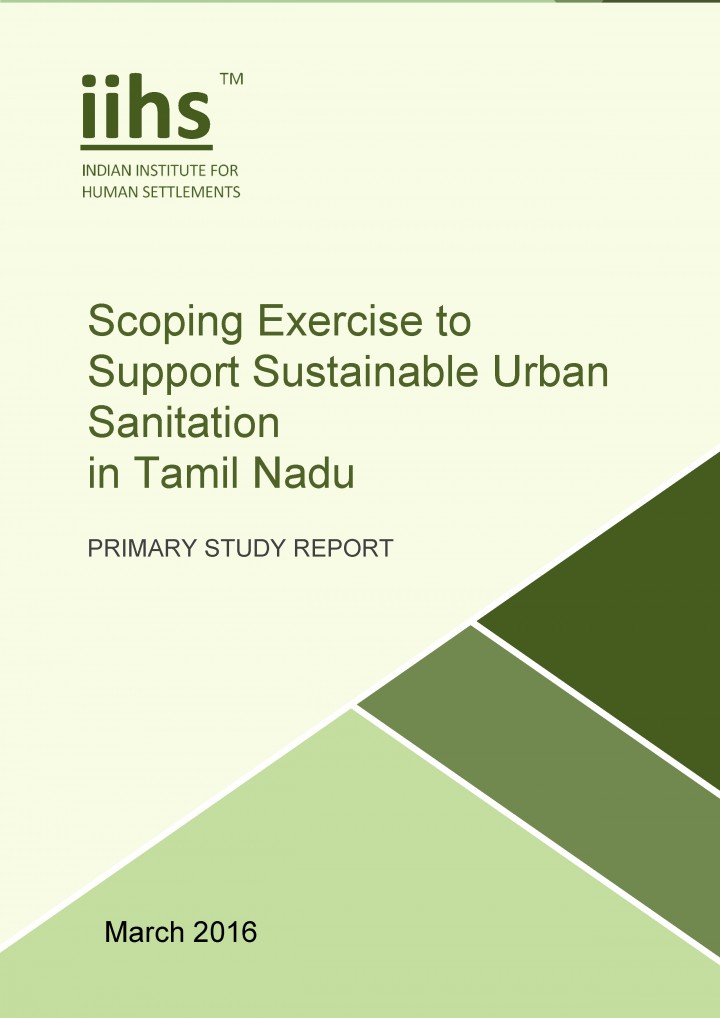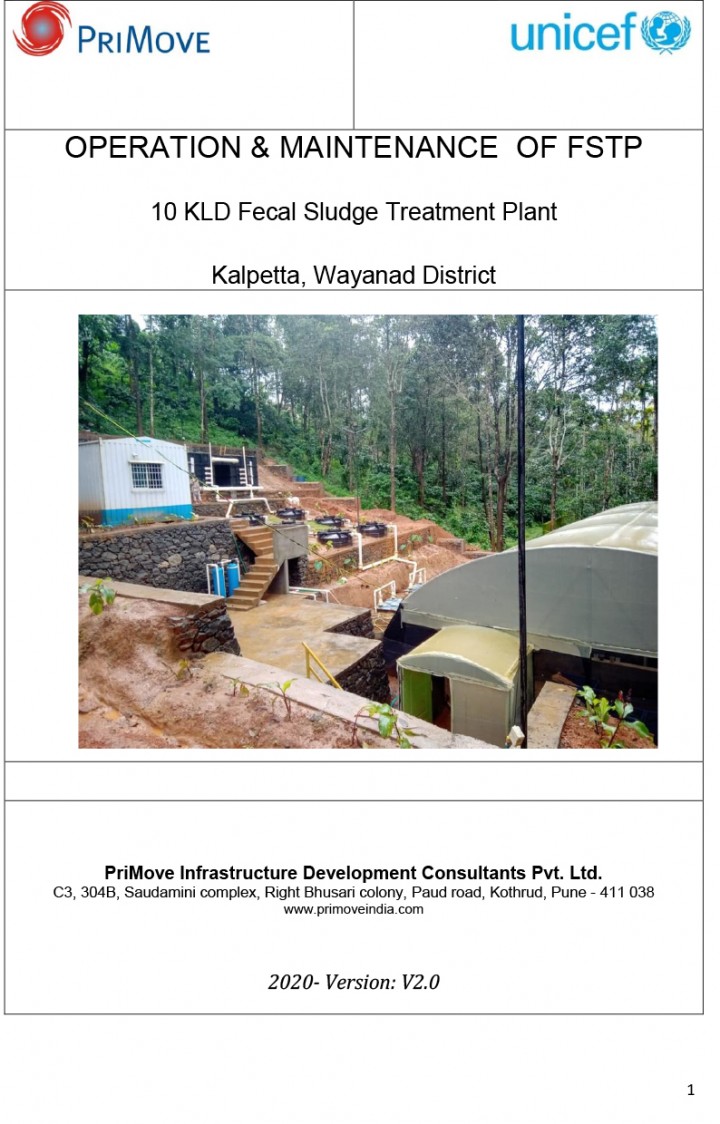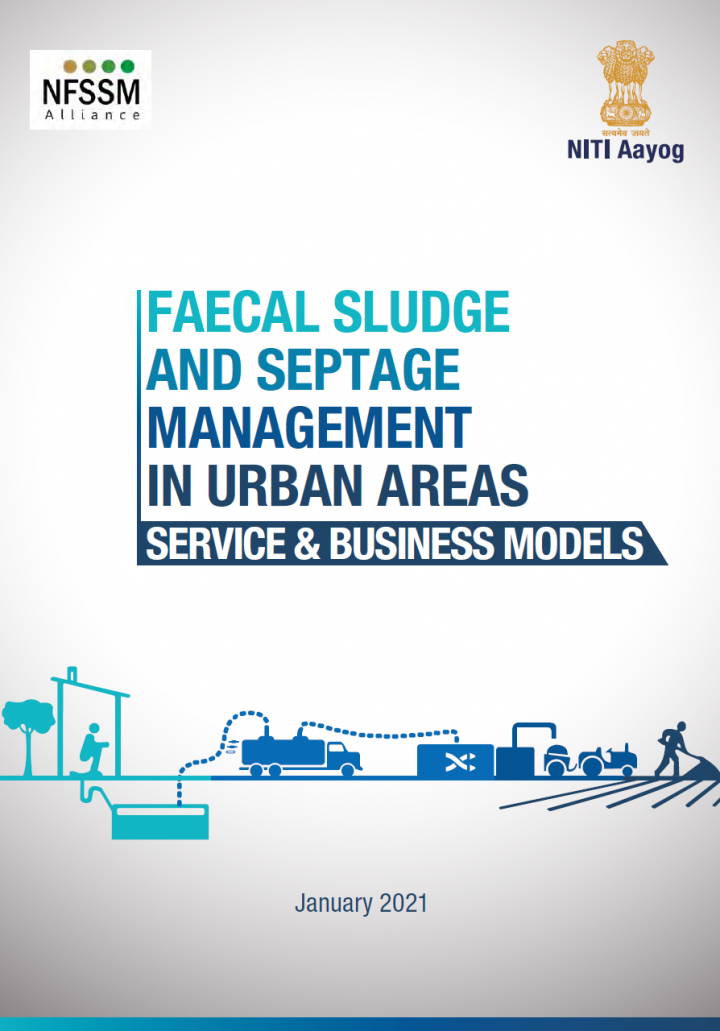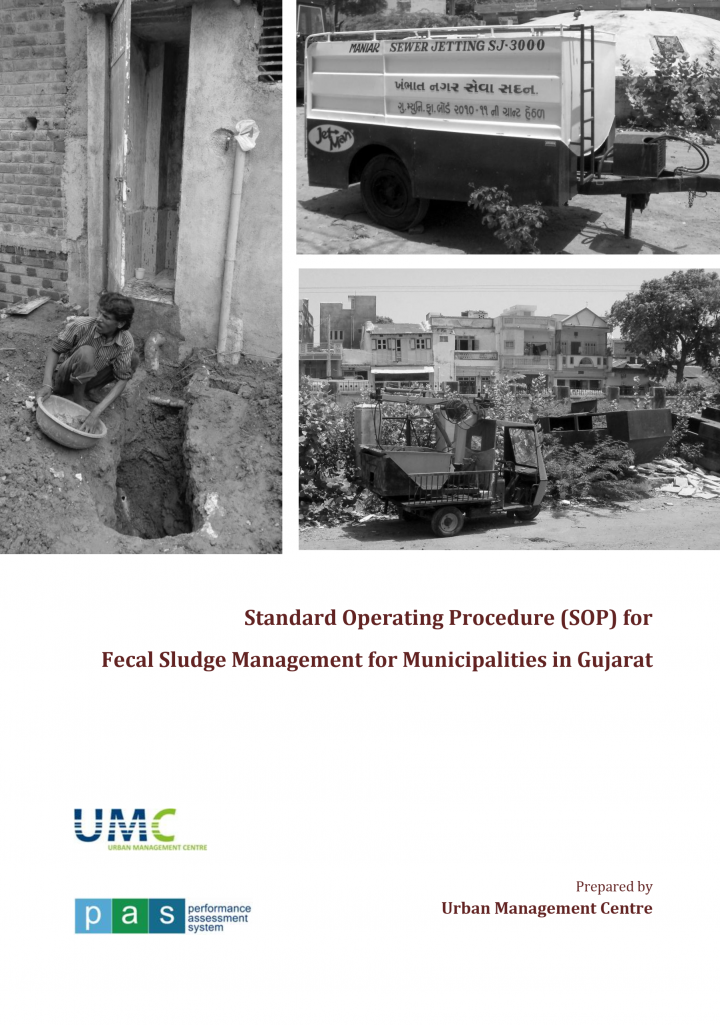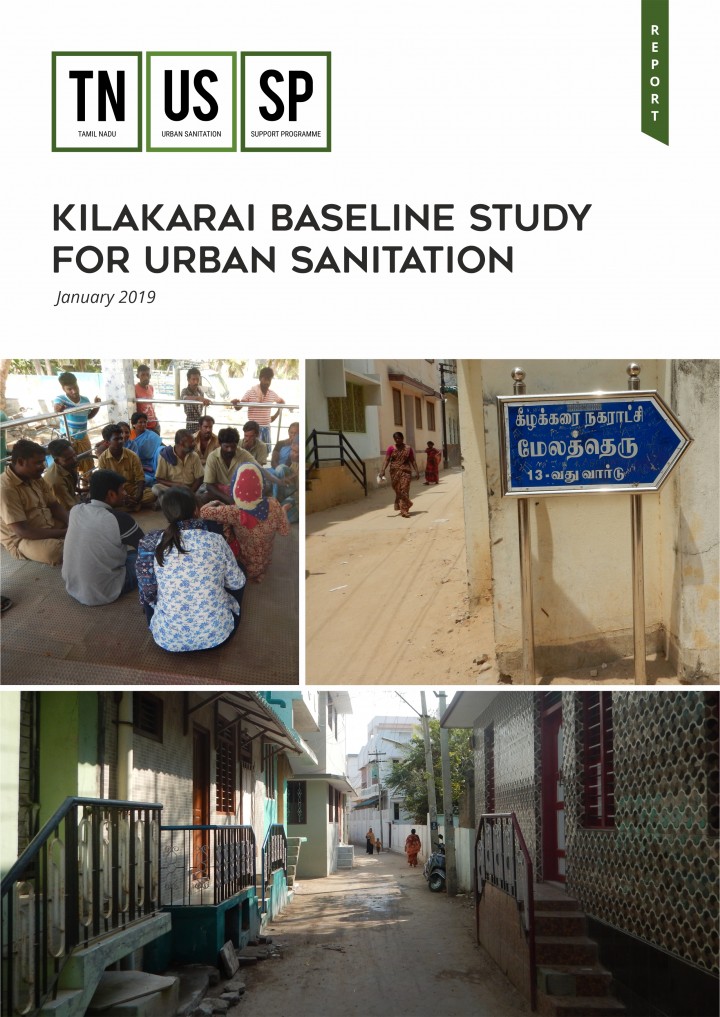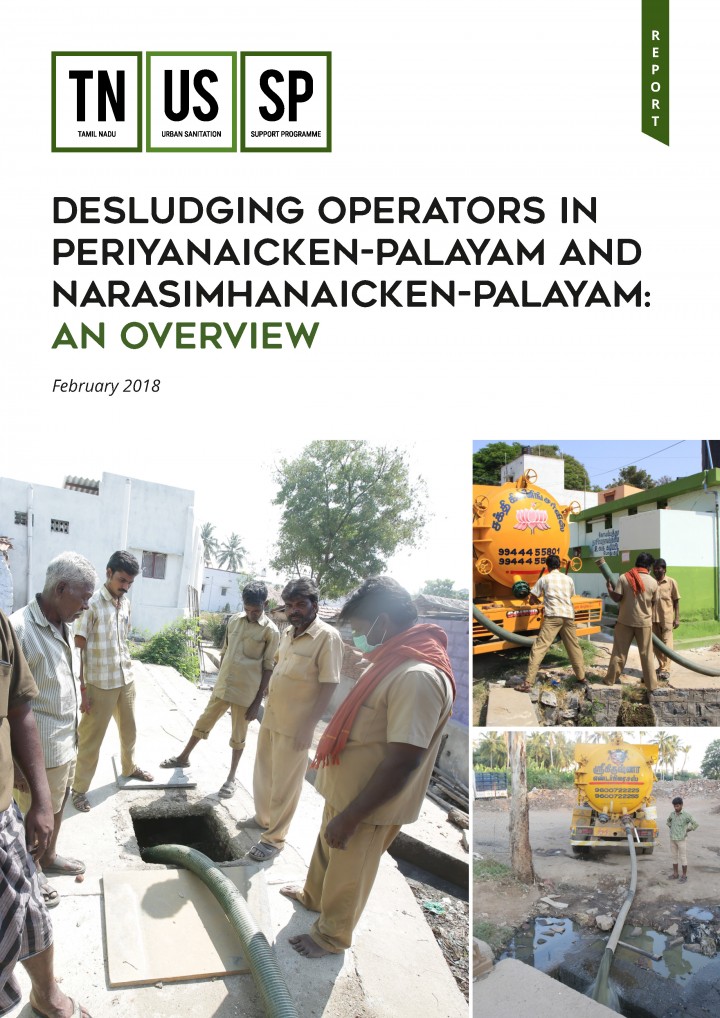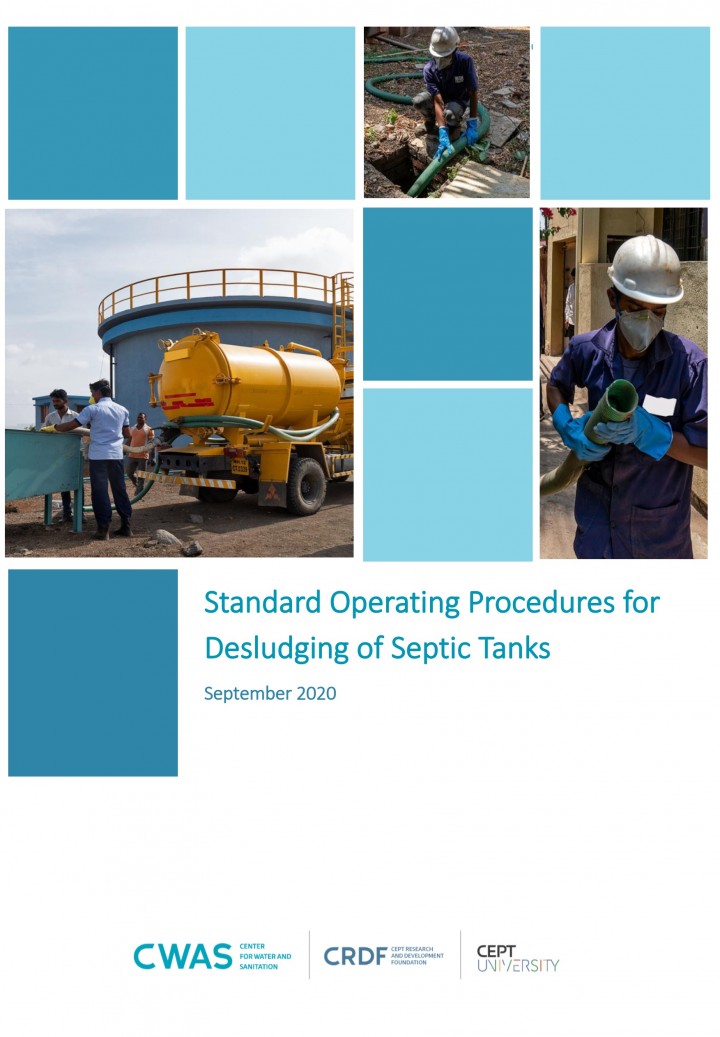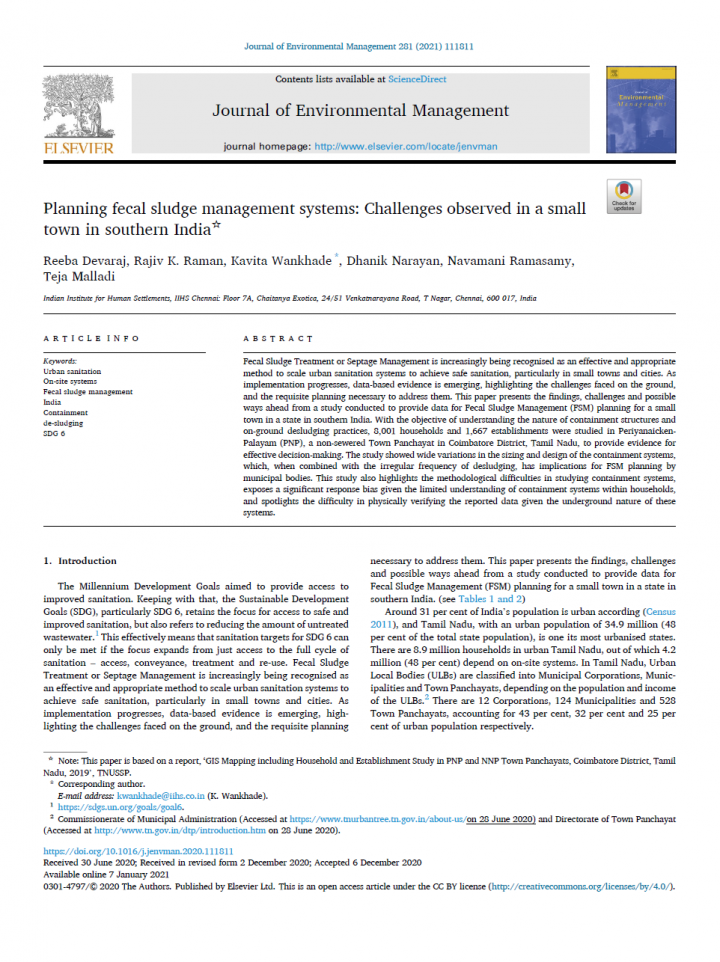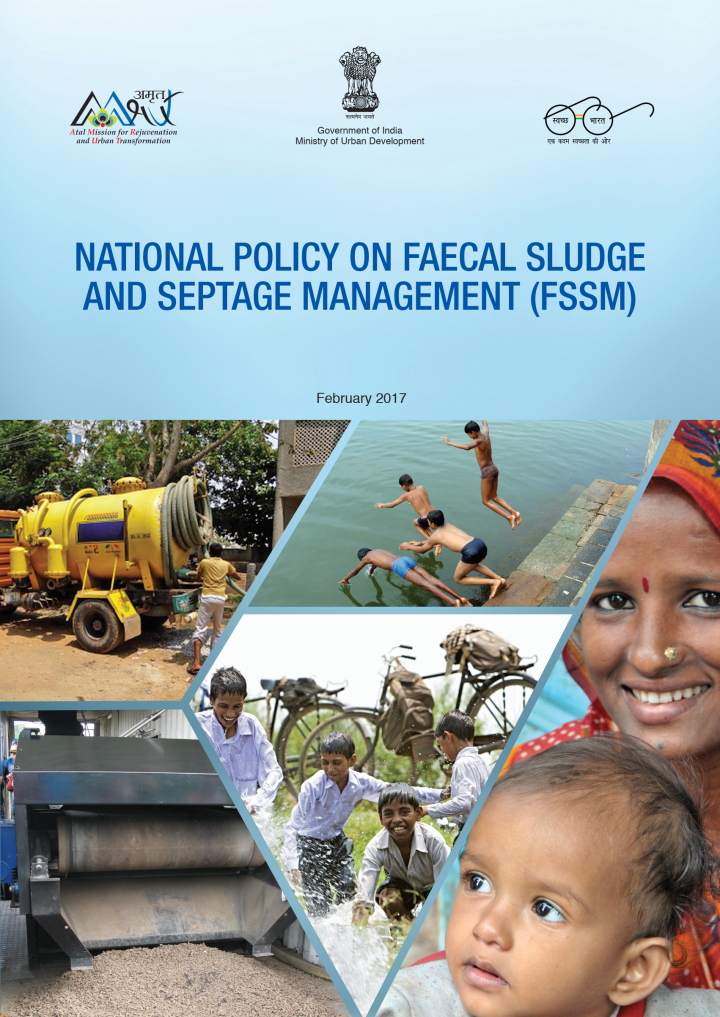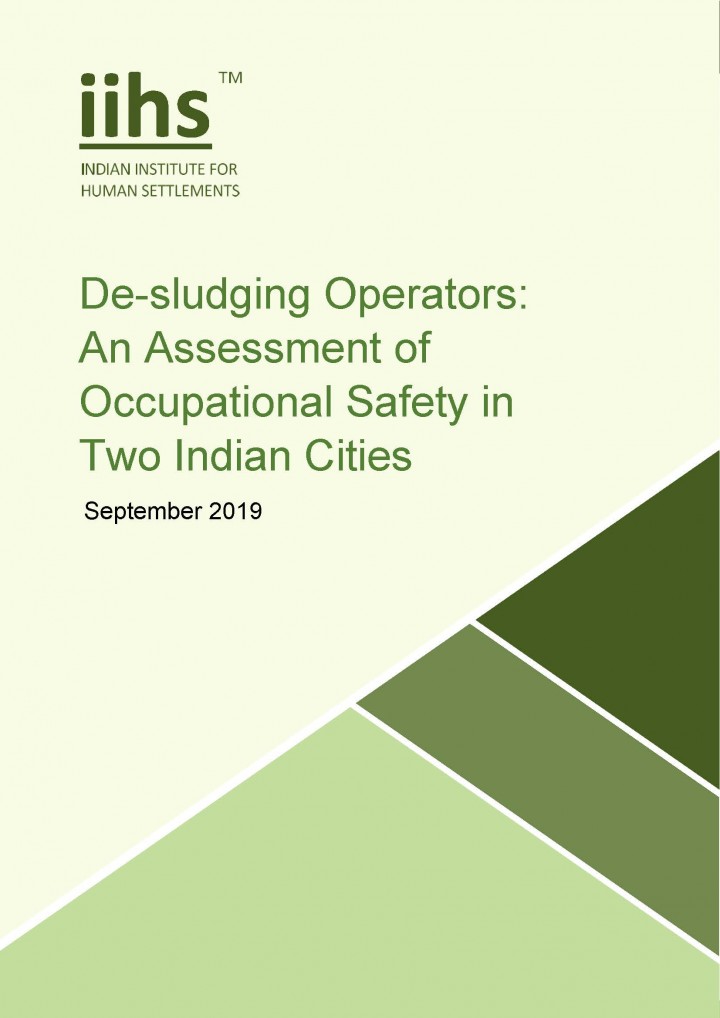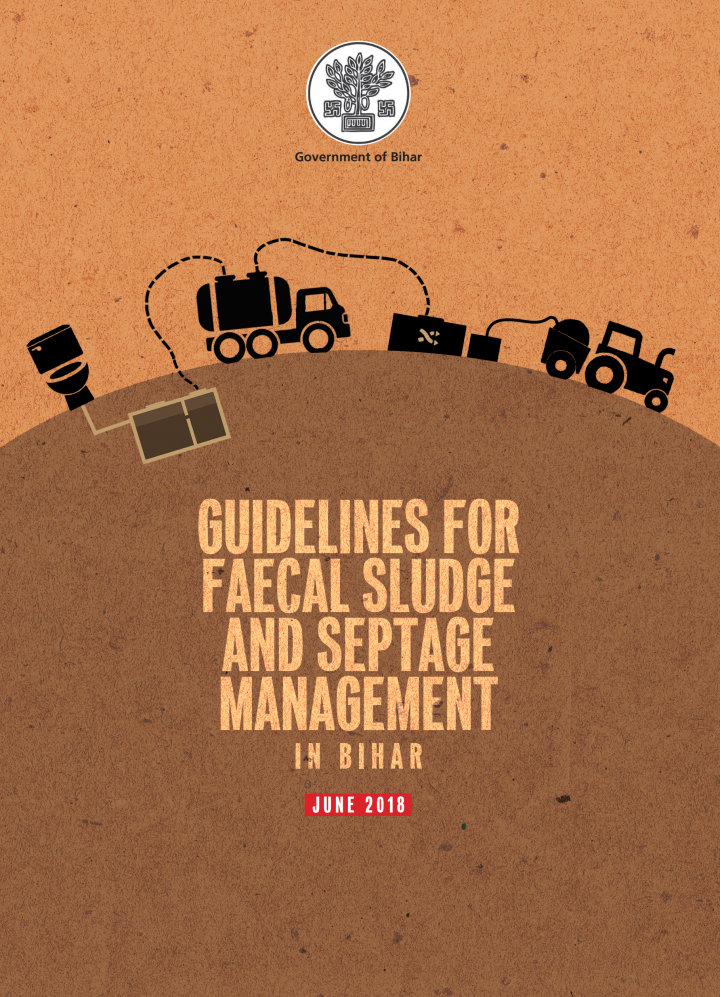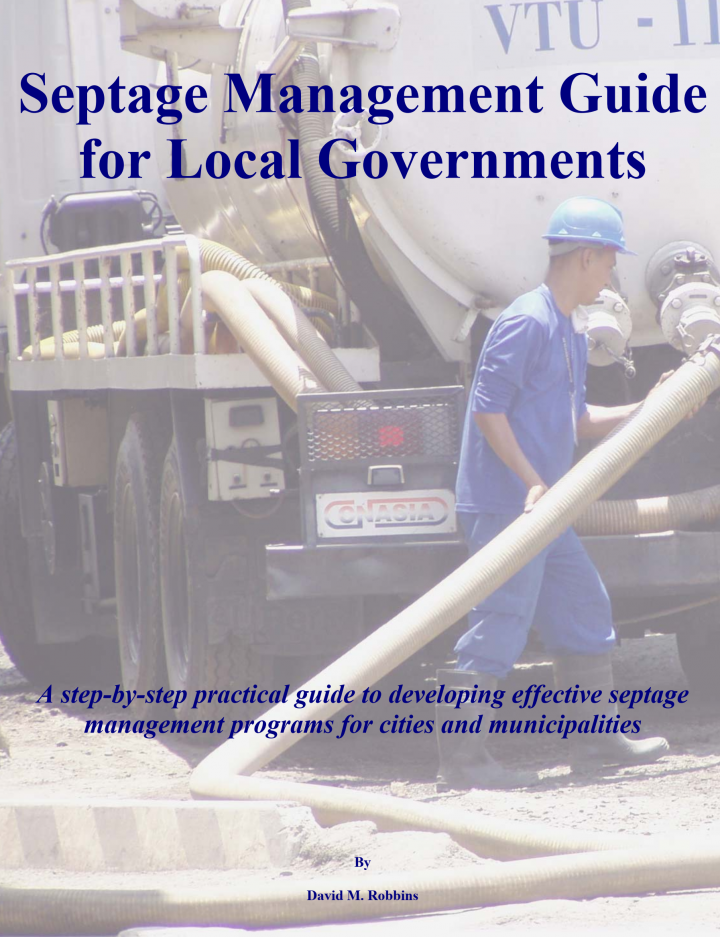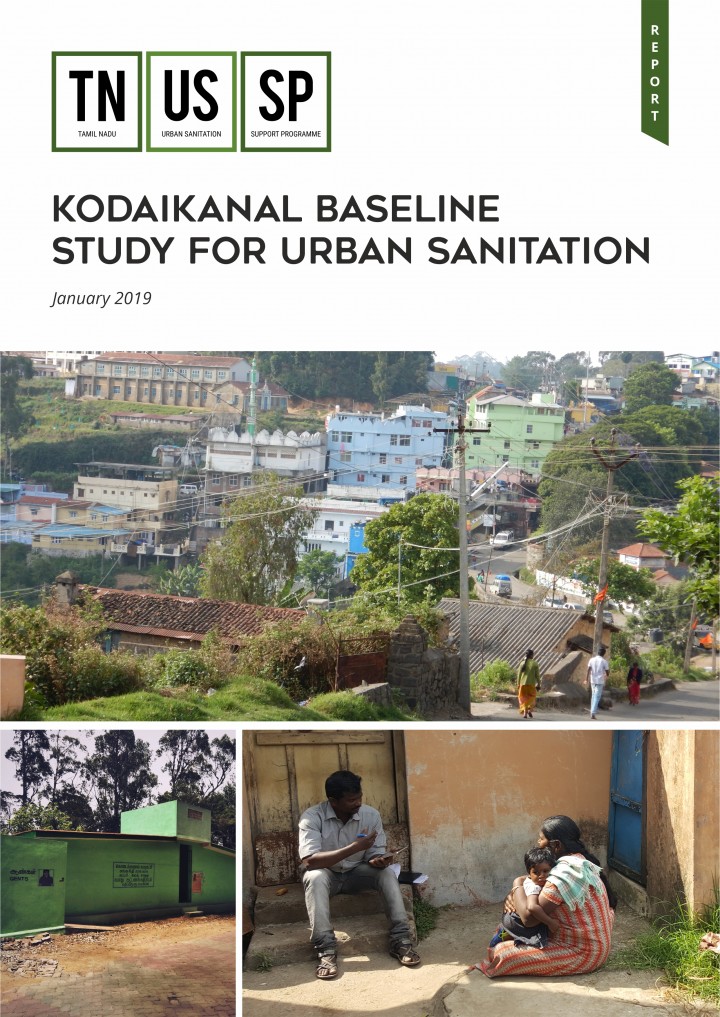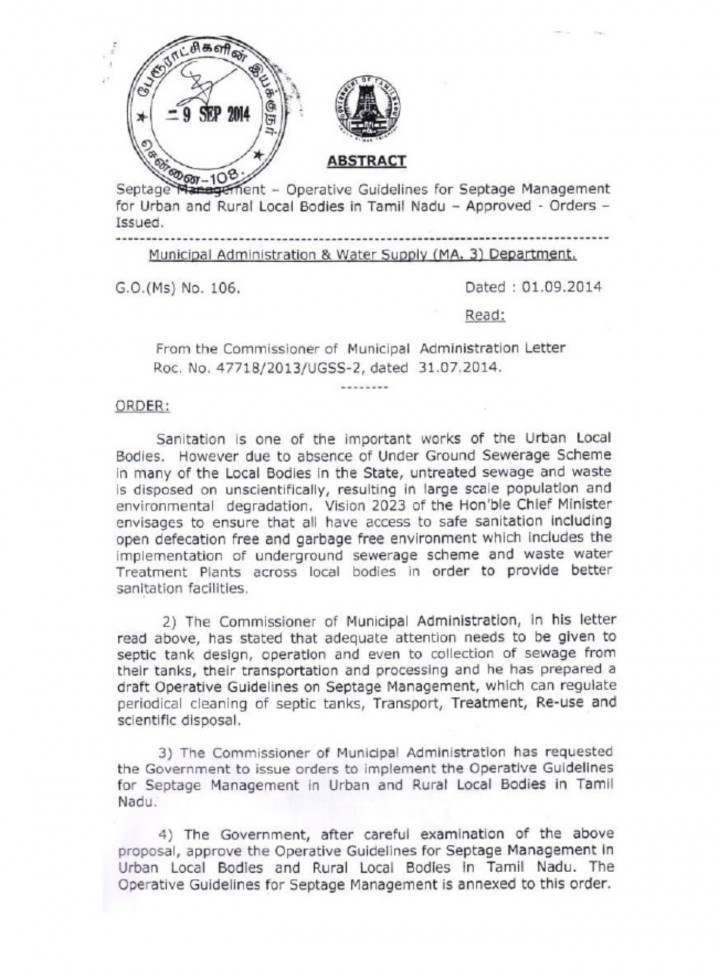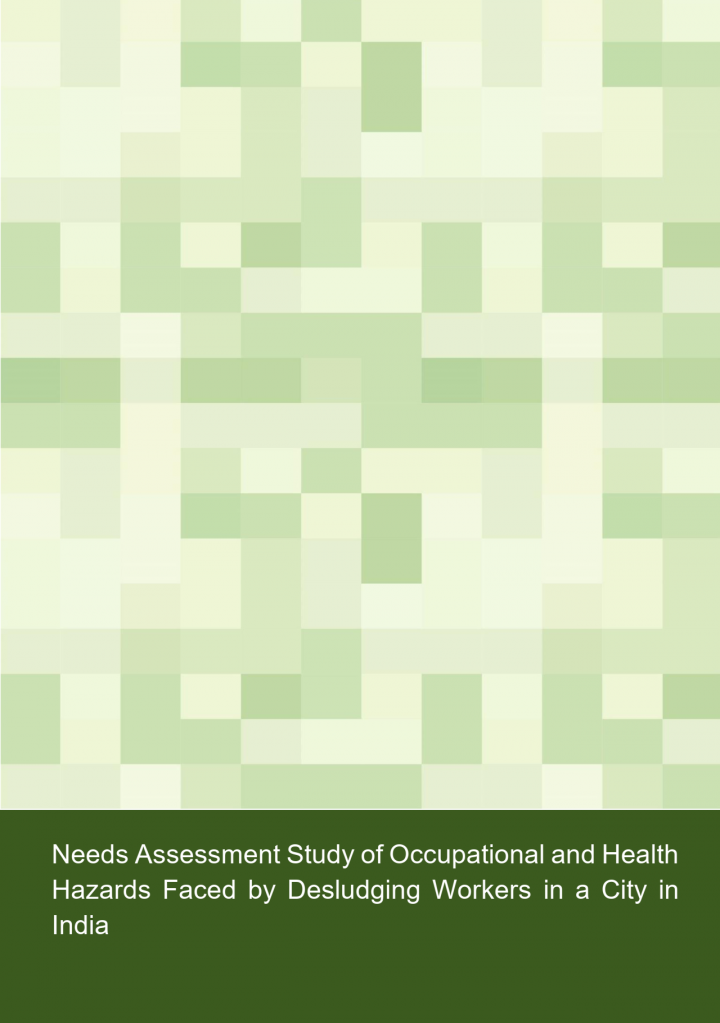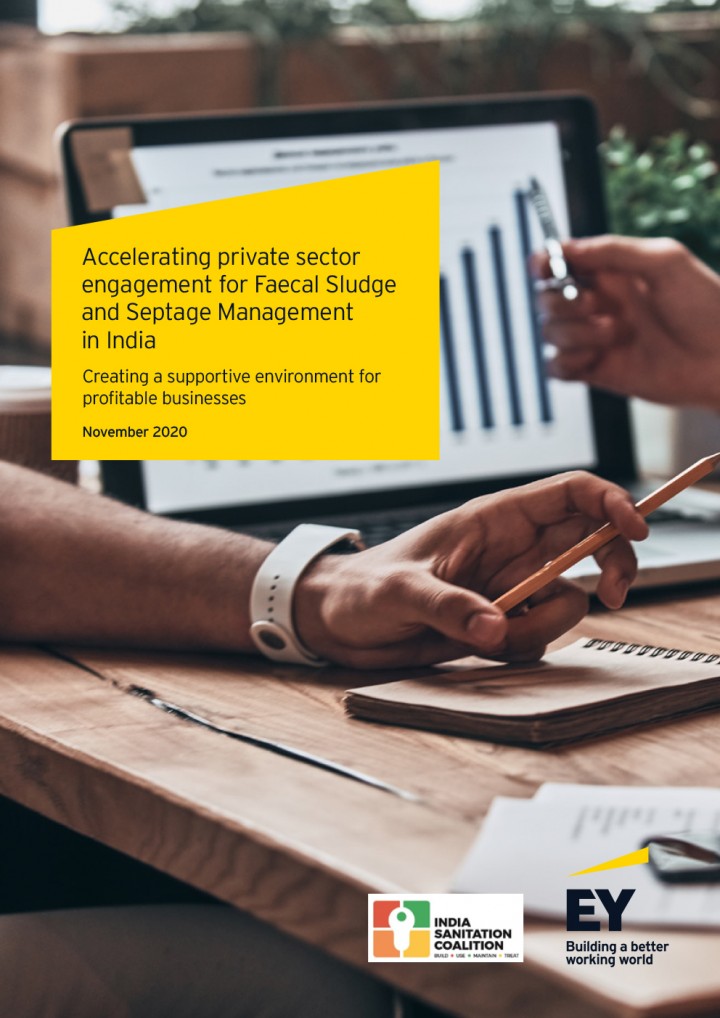Searching for information on Sanitation Workers?
The Sanitation Workers Knowledge + Learning Hub is the best source for all current news, trends, articles and updates on sanitation workers rights around the world.
Worldwide, 2.7 billion people rely on onsite sanitation and more than 4.5 billion people do not have access to safely managed sanitation services. Yet, in many places there is still no management system in place to deal with the faecal sludge (e.g. septage and pit latrine sludge) from such systems. This results in the faecal waste often being dumped directly into the immediate residential …
The Second International Faecal Sludge Management Conference was held in Durban from the 29th to the 31st of October 2012. 320 delegates from around the world shared ideas and discussed challenges and opportunities in on-site sanitation.
Below you find the Conference Report and the list of papers in alphabetical order by main author last name.
The available FSM2 conference presentations in …
The Septage Management Leader’s Guidebook, is a product of Oxfam through their program to improve sanitation in the super typhoon Haiyan devastation area of the central Philippines. The Manual presents a step-by-step strategy for scaling up septage management services more widely. The “Quick Start Guide” and the tools and checklists at the beginning of each step are designed to make the …
The Third International Faecal Sludge Management Conference was held in Hanoi from the 18th to the 21st of January 2015. More than 700 delegates from around the world shared ideas and discussed challenges and opportunities in on-site sanitation.
Below you find the list of papers in chronological order by day (Day 1-3) and room (room 1-3 ). In order to search by author, simply press "Ctrl+F" …
Emergency camp’s sanitation infrastructure is often inadequate and the risks to people’s health become extreme. Governments, NGOs and Humanitarian organisations are fully aware of these problems and the fact that the basic pit latrine design has not been improved upon in decades which aggravated those problems even more.
This is especially applicable for camps packed with tens of thousands …
“Introducing City Sanitation Plan: A Practitioners Manual” is a culmination of the long drawn process in introducing the importance of CSP for city development. It aims - to sensitize practitioners (key ULB level officials, decision makers, city engineers etc.) to the importance and significance of the CSP as a planning and guidance tool; to support them in understanding key concepts of the …
Sixty-four percent of Bikaner’s city (population of 644,406 people) depends on offsite systems, 31% depends on onsite sanitation systems (OSS), mainly septic tanks, while 5% of population practices open defecation. The city has three Sewage Treatment Plants (STPs) where 41% of the waste water is treated but there are not treatment facilities for septage. One private emptier is responsible for …
The Handbook is an initiative of Sanitation Capacity Building Platform (SCBP) to build capacities in Feacal Sludge and Septage Management (FSSM) for officials of urban local bodies (ULB), para state technical agencies, administrators and professionals from the private sector and Non-governmental Organizations. It is meant to be freely used by any can organization (public or private), national and …
Tumkur (also known as Tumakuru) is located along the Pune-Bangalore National Highway N°4. The sewerage network covers half of the population, but there is also a high dependence on septic tanks, without the correct design, and pits. Tumkur possesses a Sewage Treatment Plant but has no treatment facilities for septage.
This SFD Report was created through desk-based research by Centre for …
Selected sanitation projects from different parts of the world were requested to report on how SuSanA had influenced the work carried out. This resulted in a variety of evidence indicating that SuSanA can have a far-reaching effect providing expertise, convenor of meetings, a source of online information, networked contacts, discussion platform and a place to disseminate reports and …
This book deals with the treatment of faecal material and supernatant water removed from on-site and decentralized sanitation facilities and systems. Its main focus is on treatment facility design but this can never be viewed in isolation. Rather, it must reflect local conditions, start from a realistic assessment of the load on the plant, and take account of the final destination of the liquid …
With fast growing economy and urban population, the waste generation is steeply increasing in India. Due to paucity of resources, the local bodies, which are responsible for management of wastes, are not able to provide this service effectively. According to Centre Pollution Control Board (CPCB) study, out of 38254 MLD of sewage generated in India, the treatment facilities are available for 30% …
Septage transfer stations have the potential to significantly reduce the amount of faecal sludge entering the environment by providing a local solution for septage disposal. Localised transfer stations shorten the time required for local operators to collect and transport septage, and they will be able to use smaller vacuum tanks that can navigate the densely populated residential areas. This …
Like many cities in India, the city of Nashik is also struggling with citywide Solid Waste and Wastewater management. Therefore, there is an urgent need for an integrated approach to solid waste and wastewater management on the one hand and control of Green House Gas (GHG) emissions on the other hand. The Waste to Energy Project in Nashik is one such solution through co-processing of septage …
FSM4 was held in Chennai, Tamil Nadu, where the State Government has recently initiated measures to address FSM with regard to policy, regulatory changes, innovative solutions, and pilots. FSM4 focused on innovative and practical solutions that can be scaled up, including three tracks: research, case studies, and industry & exhibition.
Below you find the presentations held in track 2: Case …
FSM4 was held in Chennai, Tamil Nadu, where the State Government has recently initiated measures to address FSM with regard to policy, regulatory changes, innovative solutions, and pilots. FSM4 focused on innovative and practical solutions that can be scaled up, including three tracks: research, case studies, and industry & exhibition.
Find below in chronological order the presentations held …
FSM4 was held in Chennai, Tamil Nadu, where the State Government has recently initiated measures to address FSM with regard to policy, regulatory changes, innovative solutions, and pilots. FSM4 focused on innovative and practical solutions that can be scaled up, including three tracks: research, case studies, and industry & exhibition.
Find below in chronological order the presentations held …
FSM4 was held in Chennai, Tamil Nadu, where the State Government has recently initiated measures to address FSM with regard to policy, regulatory changes, innovative solutions, and pilots. FSM4 focused on innovative and practical solutions that can be scaled up, including three tracks: research, case studies, and industry & exhibition.
Find below in chronological order the presentations held …
Financing sewerage and sanitation projects can be in several forms. In Kitakyushu, Japan, the central government provided subsidy to the city government in the construction of sewer lines and wastewater treatment plants. In Alandur, India, the municipality worked with a private sector partner in constructing and operating a sewerage treatment plant. In Dumaguete City, Philippines, the city …
Given the critical role of septage management in supporting rapidly urbanizing cities in developing nations as a solution, the FSM3 conference provided an ideal opportunity to understand and reflect on whole system approaches. This included generating knowledge for the development of FSM planning tools and instruments and testing practical and implementable tools to advise cities in upgrading …
About the Training Modules
Training Modules on decentralsid sanitation, septage and waste water have been developed, tested and delivered by SCBP during 2016-17, during training of government officials from UP, Rajasthan, MP, Telengana, Bihar, Karnataka, West Bengal, Jharkhand and Chattisgarh. These Modules have also been used in Training of Trainers(ToTs) of Amrut Nodal Agencies, Academia, …
There are centralized and decentralized / on site systems of treatment of wastewater and septage. While conventional sewerage may be a comprehensive system for sewage collection and transport, it also is a highly resource intensive technology for CapEx and OpEx. Consequently, high capital cost and significant O&M cost of this system inhibits its widespread adoption in all sizes of urban …
This Resource Book is a compilation of important Govt of India Advisories and other Knowledge Resources relating to Urban Sanitation and COVID. National Institute of Urban Affairs (NIUA) along with the National Faecal Sludge and Septage Management (NFSSM) Alliance Partners, has taken up this initiative of creating a repository of important government advisories and practitioners’ guidance …
About the Training Modules
Training Modules on decentralised sanitation, septage and wastewater have been developed, tested and delivered by SCBP during 2016-17, during training of government officials from UP, Rajasthan, MP, Telengana, Bihar, Karnataka, West Bengal, Jharkhand and Chattisgarh. These Modules have also been used in Training of Trainers(ToTs) of Amrut Nodal Agencies, Academia, …
The SFD week conducted from 2nd to 5th April 2019, was a three-day conclave on sanitation that helped around 140 sector players, from across India and beyond, to not only learn from the deliberations that went by throughout the week but also witness and enjoy the serene atmosphere that AAETI offers.
Here, you find the external link to the SFD Week material (presentations, videos, pictures) on …
About the Training Modules
Training Modules on decentralsid sanitation, septage and waste water have been developed, tested and delivered by SCBP during 2016-17, during training of government officials from UP, Rajasthan, MP, Telengana, Bihar, Karnataka, West Bengal, Jharkhand and Chattisgarh. These Modules have also been used in Training of Trainers(ToTs) of Amrut Nodal Agencies, Academia, …
This Standard Operating Procedure (SOP) is a step-by-step guide for ULBs to institute a framework for on-site sanitation system management. This SOP conforms to the advisory note on septage management released by MoUD and draws from UMC’s experience of working with ULBs in Gujarat. It provides a set of written instructions on
septic tank construction, cleaning and maintenance and disposal of …
Recognising city-level capacity limitations for decentralised sanitation planning and implementation in India, the Ministry of Urban Development (MoUD) appointed the National Institute of Urban Affairs (NIUA) as the anchor organisation for a Sanitation Capacity Building Platform (SCBP) to support cities in their sanitation planning and implementation. NIUA partnered with CAWST,2 a capacity …
Faecal Sludge and Septage Management has been a neglected area in Indian cities. It has not received attention because of poor understanding of faecal sludge/ septage and lack of proper technical guidance. In this context a training module was developed aimed at training institutes from various states of India that regularly provide training to ULB officials. This two day training programme was …
An assessment of the coverage of sewerage network and effectiveness of the Panjapur Sewage Treatment Plant (STP) in Tiruchirappalli for safe treatment and disposal of sewage and fecal sludge for existing and future loads was carried out. The implications of the proposed extension of the sewer network were studied, with respect to the existing and proposed sewage treatment facilities. …
The goal of the Uttar Pradesh State Septage Management Policy (UPSSMP) is to improve water quality and protect public health in urban areas of the State by 2023. The objective is to enhance the ability of local implementers to build and operate septage treatment systems for urban centers and promote the behavior change and supporting environment needed for systems to be effective and sustainable. …
About the Training Modules
Training Modules on decentralsid sanitation, septage and waste water have been developed, tested and delivered by SCBP during 2016-17, during training of government officials from UP, Rajasthan, MP, Telengana, Bihar, Karnataka, West Bengal, Jharkhand and Chattisgarh. These Modules have also been used in Training of Trainers(ToTs) of Amrut Nodal Agencies, Academia, …
Presentations (download from conference website, see external link below, or go to: https://fsm5.susana.org/en/downloads/conference-materials):
Conference convenors:
Bill & Melinda Gates Foundation
BORDA
Eawag-Sandec
Deutsche Gesellschaft für Internationale Zusammenarbeit (GIZ) GmbH
Inclusive Sanitation in Practice (IPS)
Sustainable Sanitation Alliance (SuSanA)
University of …
About the Training Modules
Training Modules on decentralsid sanitation, septage and waste water have been developed, tested and delivered by SCBP during 2016-17, during training of government officials from UP, Rajasthan, MP, Telengana, Bihar, Karnataka, West Bengal, Jharkhand and Chattisgarh. These Modules have also been used in Training of Trainers(ToTs) of Amrut Nodal Agencies, Academia, …
About the Training Modules
Training Modules on decentralsid sanitation, septage and waste water have been developed, tested and delivered by SCBP during 2016-17, during training of government officials from UP, Rajasthan, MP, Telengana, Bihar, Karnataka, West Bengal, Jharkhand and Chattisgarh. These Modules have also been used in Training of Trainers(ToTs) of Amrut Nodal Agencies, Academia, …
The second SuSanA India Chapter meeting was held in Panaji, Goa, India on 21 February 2018 - just after the 50th Annual Convention of the Indian Water Works Association (IWWA). The seminar encouraged discussions on urban sanitation challenges, holistic approaches to sanitation as well as financing and monitoring sanitation to accelerate progress on SDGs.
Please find the presentations of the …
About the Training Modules
Training Modules on decentralsid sanitation, septage and waste water have been developed, tested and delivered by SCBP during 2016-17, during training of government officials from UP, Rajasthan, MP, Telengana, Bihar, Karnataka, West Bengal, Jharkhand and Chattisgarh. These Modules have also been used in Training of Trainers(ToTs) of Amrut Nodal Agencies, Academia, …
A sanitation snapshot of urban Uttar Pradesh, India clearly indicates that households with onsite sanitation systems like septic tanks (47 per cent) far exceed those with sewer connections (28 per cent), hence septage management in the state becomes an integral part of sustainable sanitation. According to the State Annual Action Plan 2017, most cities have reported more than 80 per cent coverage …
Local government units (LGUs) just beginning to implement a new septage management program may wish to phase in the program over time. Lime stabilization can be done as a first phase following a disaster and perhaps serve the public and commercial sectors. In the next phase, a municipal or city-wide program to desludge all septic tanks on a regular schedule using treatment technologies besides …
About the Training Modules
Training Modules on decentralised sanitation, septage and wastewater have been developed, tested and delivered by SCBP during 2016-17, during training of government officials from UP, Rajasthan, MP, Telengana, Bihar, Karnataka, West Bengal, Jharkhand and Chattisgarh. These Modules have also been used in Training of Trainers(ToTs) of Amrut Nodal Agencies, Academia, …
Like many cities in India, the city of Nashik is also struggling with citywide Solid Waste and Wastewater management. Therefore, there is an urgent need for an integrated approach to solid waste and wastewater management on the one hand and control of Green House Gas (GHG) emissions on the other hand. The Waste to Energy Project in Nashik is one such solution through co-processing of septage …
About the Training Modules
Training Modules on decentralsid sanitation, septage and waste water have been developed, tested and delivered by SCBP during 2016-17, during training of government officials from UP, Rajasthan, MP, Telengana, Bihar, Karnataka, West Bengal, Jharkhand and Chattisgarh. These Modules have also been used in Training of Trainers(ToTs) of Amrut Nodal Agencies, Academia, …
Integrated Wastewater and Septage Management Module
The Module provides a good understanding of the landscape of waste water and urban sanitation challenges and a conceptual understanding of waste water and septage treatment systems. The module looks at a city/town waste water and sanitation lansdcape and explore technology solutions. Part C of the Manual is for Trainers. Part A and Part B …
Integrated Wastewater and Septage Management Module
The Module provides a good understanding of the landscape of waste water and urban sanitation challenges and a conceptual understanding of waste water and septage treatment systems. The module looks at a city/town waste water and sanitation lansdcape and explore technology solutions. Part C of the Manual is for Trainers. Part A and Part B …
About the Training Modules
Training Modules on decentralsid sanitation, septage and waste water have been developed, tested and delivered by SCBP during 2016-17, during training of government officials from UP, Rajasthan, MP, Telengana, Bihar, Karnataka, West Bengal, Jharkhand and Chattisgarh. These Modules have also been used in Training of Trainers(ToTs) of Amrut Nodal Agencies, Academia, …
Integrated Wastewater and Septage Management Module
The Module provides a good understanding of the landscape of waste water and urban sanitation challenges and a conceptual understanding of waste water and septage treatment systems. The module looks at a city/town waste water and sanitation lansdcape and explore technology solutions. Part C of the Manual is for Trainers. Part A and Part B …
In November of 2013, Typhoon Haiyan struck the Eastern Visayas region of the Philippines devastating homes and families in its path. The response by the government and international community was swift as shelter kits were distributed and “bunkhouse-style” temporary housing built for displaced persons. As these needs were met, new problems emerged, among them was how to properly manage the …
About the Training Modules
Training Modules on decentralsid sanitation, septage and waste water have been developed, tested and delivered by SCBP during 2016-17, during training of government officials from UP, Rajasthan, MP, Telengana, Bihar, Karnataka, West Bengal, Jharkhand and Chattisgarh. These Modules have also been used in Training of Trainers(ToTs) of Amrut Nodal Agencies, Academia, …
About the Training Modules
Training Modules on decentralsid sanitation, septage and waste water have been developed, tested and delivered by SCBP during 2016-17, during training of government officials from UP, Rajasthan, MP, Telengana, Bihar, Karnataka, West Bengal, Jharkhand and Chattisgarh. These Modules have also been used in Training of Trainers(ToTs) of Amrut Nodal Agencies, Academia, …
The flash cards illustrate the existing and available technology options and processes across the entire value chain of on-site sanitation in Gujarat (for pour-flush user interface). The flash cards will be used as visual aids in the field to identify and evaluate existing systems and processes. These cards can also be used as tools to foster discussion with ULB officers on septage management in …
Namami Gange (a national mission for cleaning the Ganga River) is not just about physical cleaning of the river, it is about rejuvenating it and ensuring that it is ever flowing (Aviral) with clean (Nirmal) water. To achieve the same, a comprehensive approach is required which cuts across a lot of sectors. Human excreta (wastewater, faecal sludge, and supernatant) is one of the main causes for …
There are centralized and decentralized / on site systems of treatment of wastewater and septage. While conventional sewerage may be a comprehensive system for sewage collection and transport, it also is a highly resource intensive technology for CapEx and OpEx. Consequently, high capital cost and significant O&M cost of this system inhibits its widespread adoption in all sizes of urban …
The Integrated Business Models throughout the Sanitation Value Chain with Safe Resource Recovery and Reuse seminar combined the highlights of research on over 60 successful business cases and extracted business models for resource recovery and reuse in developing countries with a discussion on their applicability in a range of settings with practitioners and entrepreneurs. The Sanitation Safety …
The sub-regional conference formally launched the project (RETA 8060) "Promoting Innovations in Wastewater Management in Asia and the Pacific". The list of delegates was comprised of a mixture of government executives, wastewater industry practitioners and private sector representatives from the following countries: Philippines, Viet Nam, Indonesia, Bangladesh, India, Sri Lanka, Mongolia and …
With a view to scope the tasks under the Tamil Nadu sanitation mission, IIHS carried out a scoping exercise in 2015 to gain an in-depth understanding of the current arrangements and practices in the full cycle of sanitation. The study assessed a range of issues across the sanitation cycle including design and construction practices of on-site sanitation systems, septage collection and waste …
Kalpetta is a town and a municipality in the Wayanad district, state of Kerala, India. The FSTP uses vermifiltration where worm-based sludge treatment is combined with water filtration to digest organic matter present in septage. The worms need only air, water, and sludge (food) to operate efficiently as a part of the vermifiltration system.
The Tiger Biofilter technique is based on …
The Faecal Sludge and Septage Management: Service Business Models shares leading practices and innovations to improve how faecal sludge is managed, and how to expand services to the millions of people living in thousands of cities in urban India, lacking access to safely managed sanitation.
TNUSSP carried out a baseline study in Kilakarai municipality to understand the current situation of access to sanitation and arrangements made for fecal sludge management in households and establishments. The findings from the study provide an overview of the gaps and challenges across the sanitation chain in Kilakarai in effective implementation and monitoring of septage management.
Safe collection and safe disposal of fecal sludge is a critical component of septage management in which desludging operators play a central role. In order to understand their work, consultations were conducted with desludging operators in the Periyanaicken Palayam and Narasimhanaicken Palayam town panchayats of Coimbatore district. These consultations aimed to understand the current desludging …
It is known that eradicating open defecation is only half the battle. For improving sanitation, faecal sludge and wastewater also needs to be safely managed. It is in this context that Government of India, Ministry of Housing and Urban Affairs (MoHUA) issued a National Faecal Sludge and Septage Management (FSSM) Policy3 . It recommends regular desludging of septic tanks through a systematic …
Fecal Sludge Treatment or Septage Management is increasingly being recognised as an effective and appropriate method to scale urban sanitation systems to achieve safe sanitation, particularly in small towns and cities. As implementation progresses, data-based evidence is emerging, highlighting the challenges faced on the ground, and the requisite planning necessary to address them. This paper …
According to Census 2011, India’s urban population is 377 million or 31% of the total population, which is expected to increase to 600 million by 2031. The Census 2011 also showed that in 4,041 statutory towns, 7.90 million households (HHs) do not have access to toilets and defecate in the opena1. Under the Swachh Bharat Mission (SBM), it is envisaged that nearly 80% of these 7.90 million HHs …
Safe collection, handling and transport of fecal sludge is an integral part of septage management. Limited attention has been paid to the safe collection, transport, disposal and treatment of human excreta from septic tanks. A study was conducted in two cities in India to understand the current desludging practices, the underlying reasons for current occupational practices and hazards, relevance …
According to Census 2011, Bihar reported 11.67 million urban population i.e. 11.25% of total population of state, dwelling in 199 urban centers (which accounts 3.14% of total urban population of country). The state has 143 statutory towns and 56 census towns. The state has 143 urban local bodies(ULBs) including 12 Municipal Corporation (Nagar Nigam), 46 Nagar Palika Parishad and 85 Nagar …
The direct relationship between diseases such as cholera, hepatitis and dysentery and the unrestricted discharges of residential sewage is well documented. The septic tank is a simple device and when designed, installed, and operated properly, can serve as the first step in the sewage treatment process, which transforms human waste into a manageable effluent. Effluent can be further treated, …
TNUSSP carried out a baseline study in Kodaikanal municipality to understand the current situation of access to sanitation and arrangements made for fecal sludge management in households and establishments. The findings from the study provide an overview of the gaps and challenges across the sanitation chain in Kodaikanal in effective implementation and monitoring of septage management.
The partially treated sewage that is stored in a septic tank is commonly called as Septage. It includes the liquids, solids (sludge), as well as the fats, oils and grease (scum) that accumulate in septic tanks over time. Septage management includes the entire process of design, collection, safe treatment& disposal of septage based on generation of sewage. A comprehensive program that regulates …
Safe collection, handling and transport of fecal sludge is an integral part of septage management. Limited attention has been paid to the safe collection, transport, disposal and treatment of human excreta from septic tanks. Motorised emptying and transport involves a truck with a standalone or mounted vacuum pump along with a storage tank that is used to empty and transport septage. Typically, …
This report explores ways by which private sector engagement in FSSM can be successfully accelerated by looking at potential business opportunities and challenges in FSSM, lessons that can be learned from current FSSM practice and finally, key takeaways for the key stakeholders in the ecosystem. While each of these segments touch upon separate aspects of the FSSM ecosystem, the common thread of …

